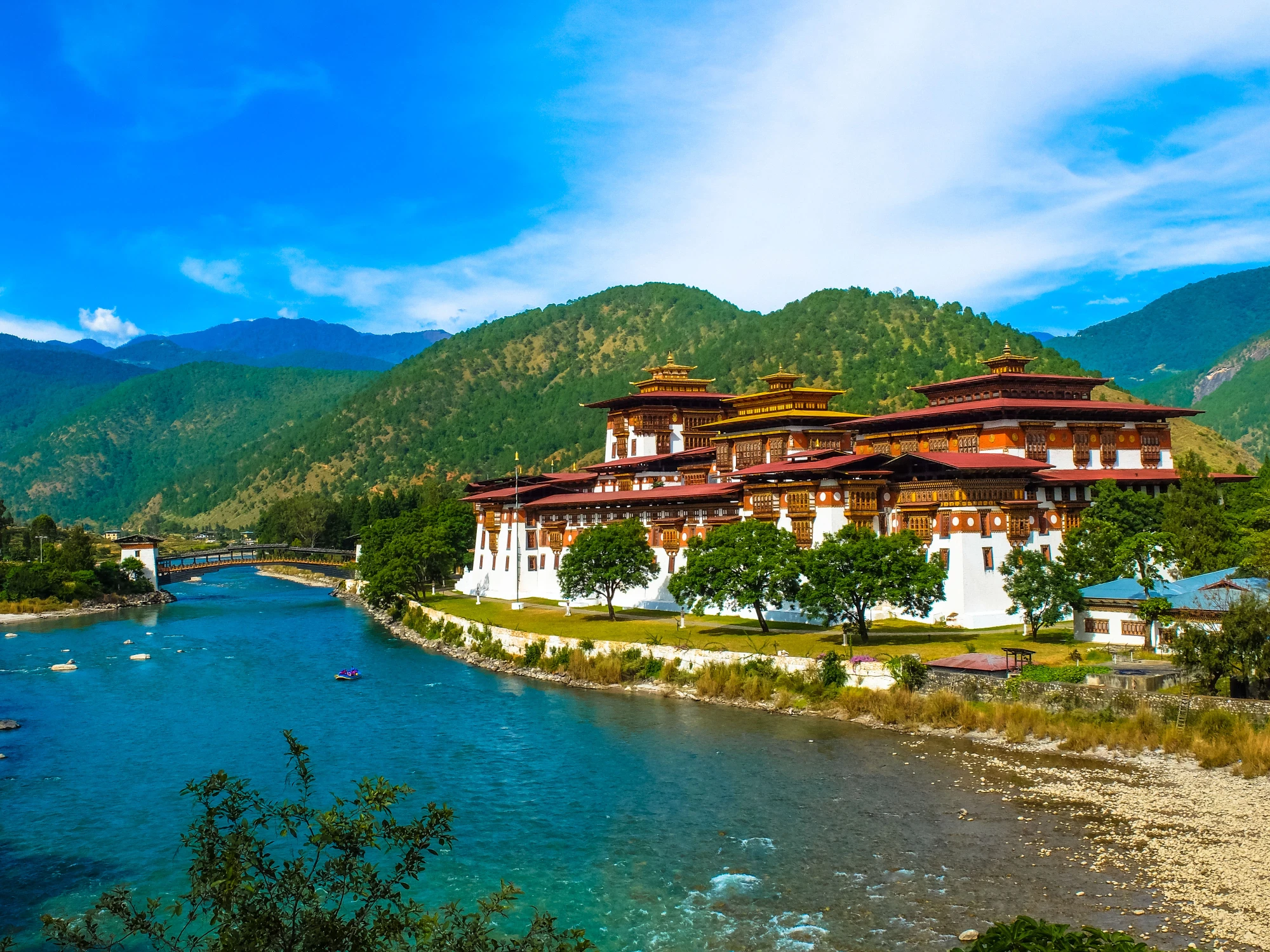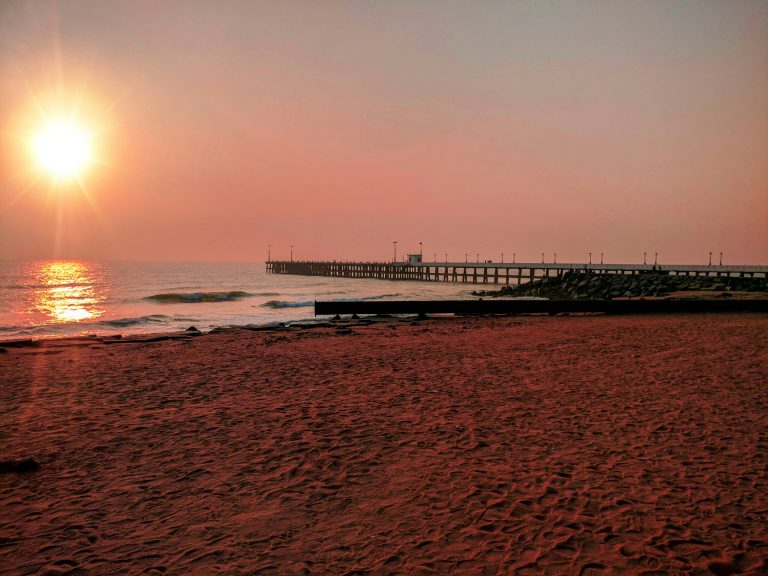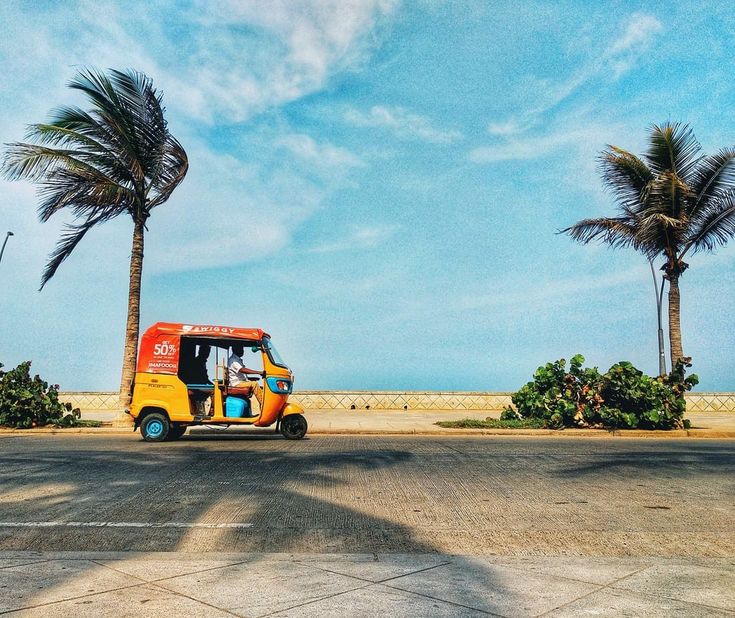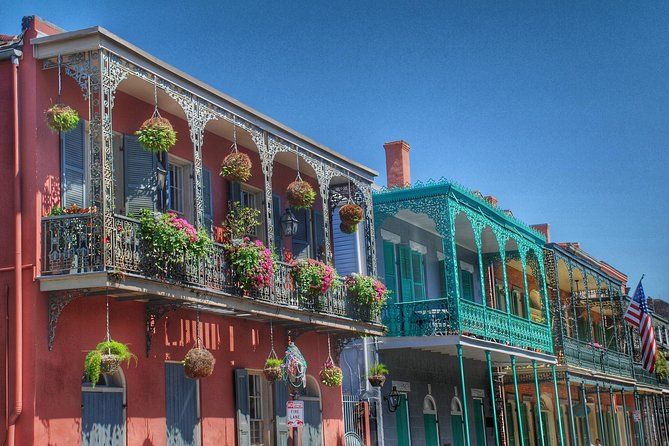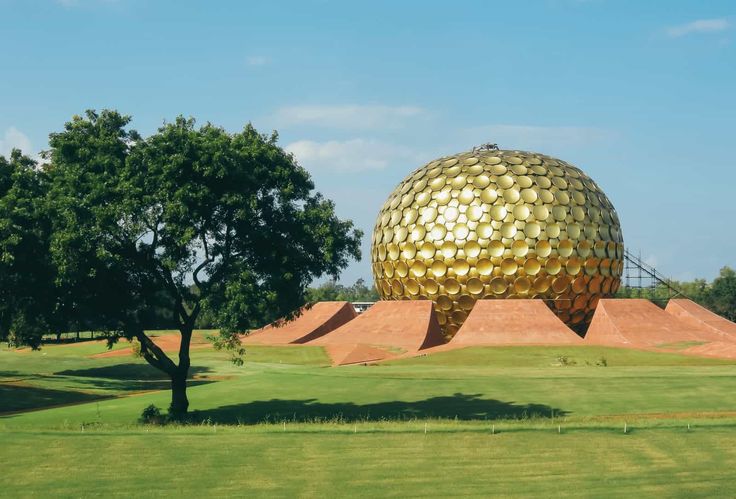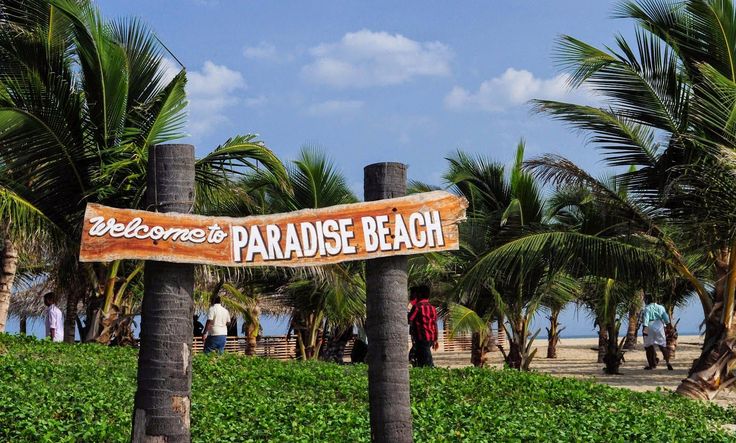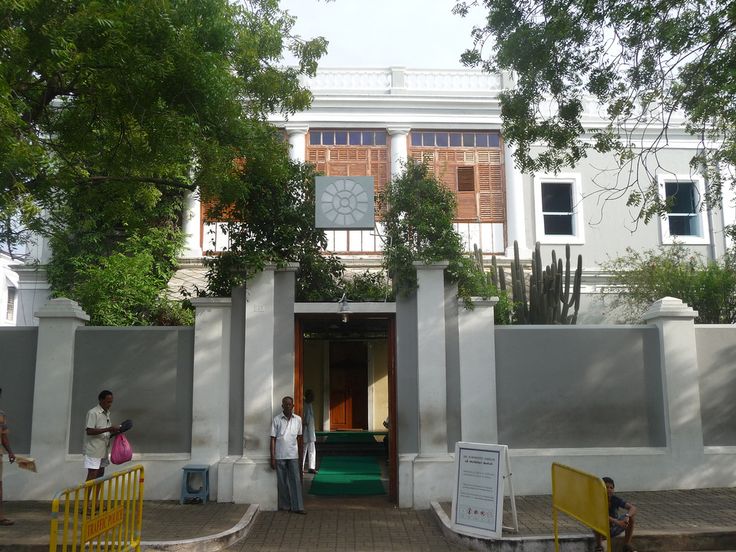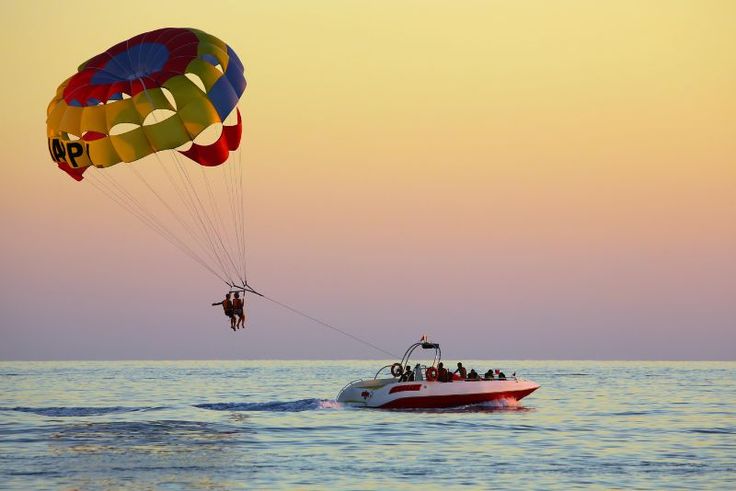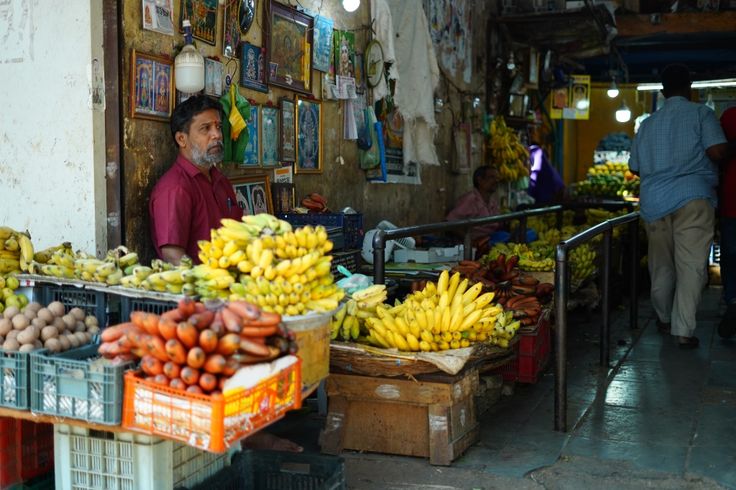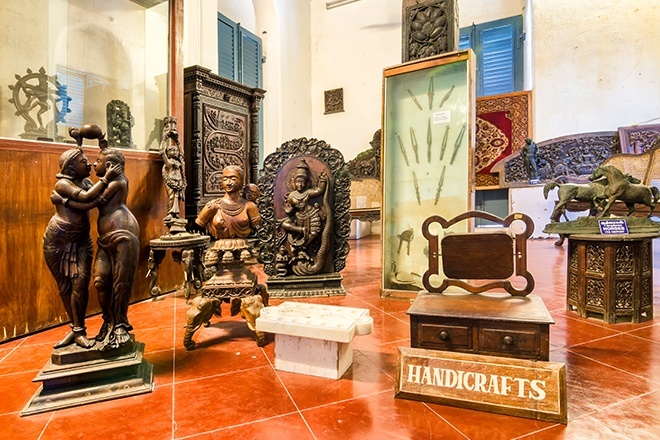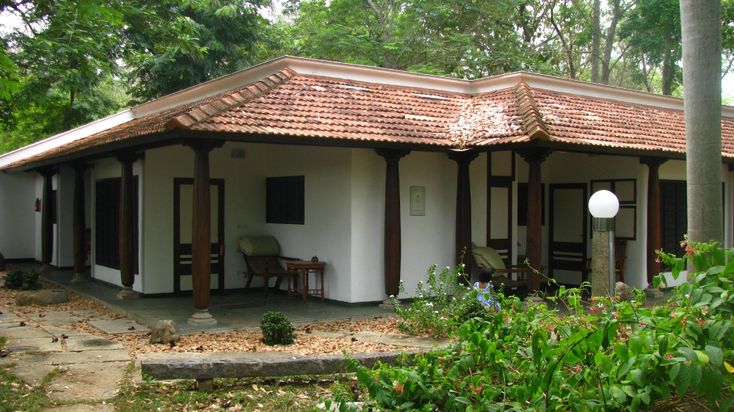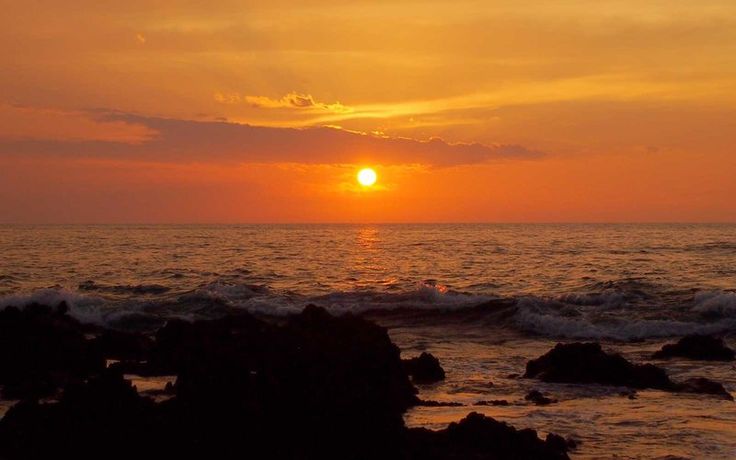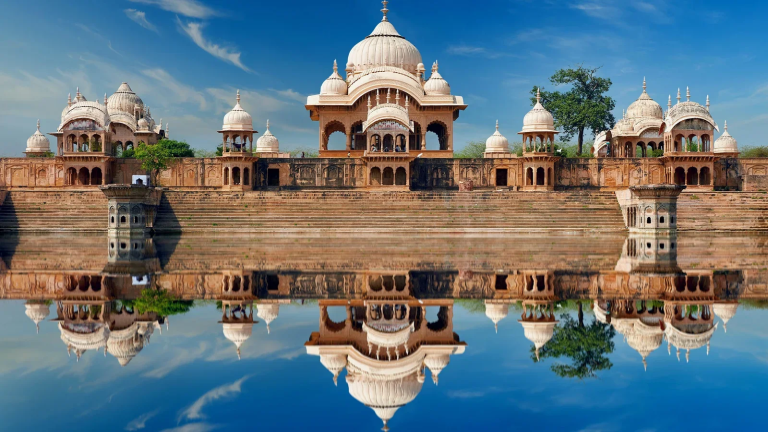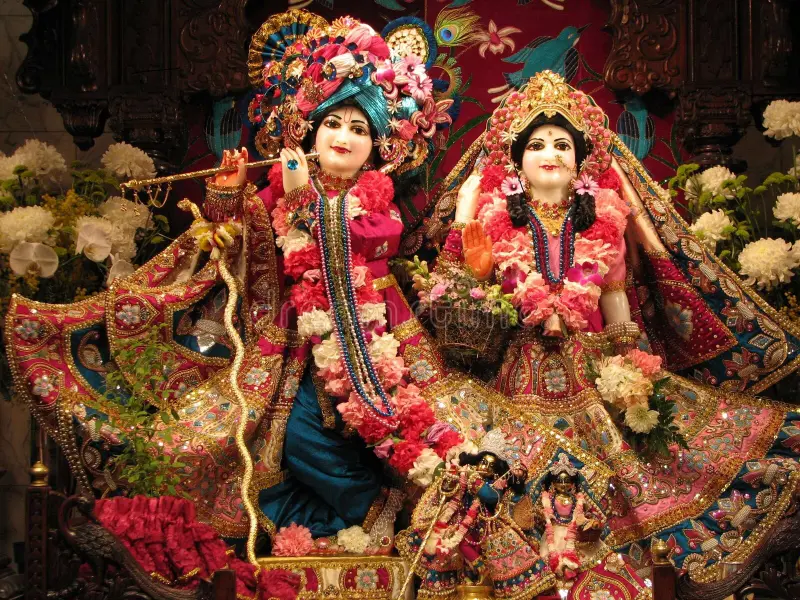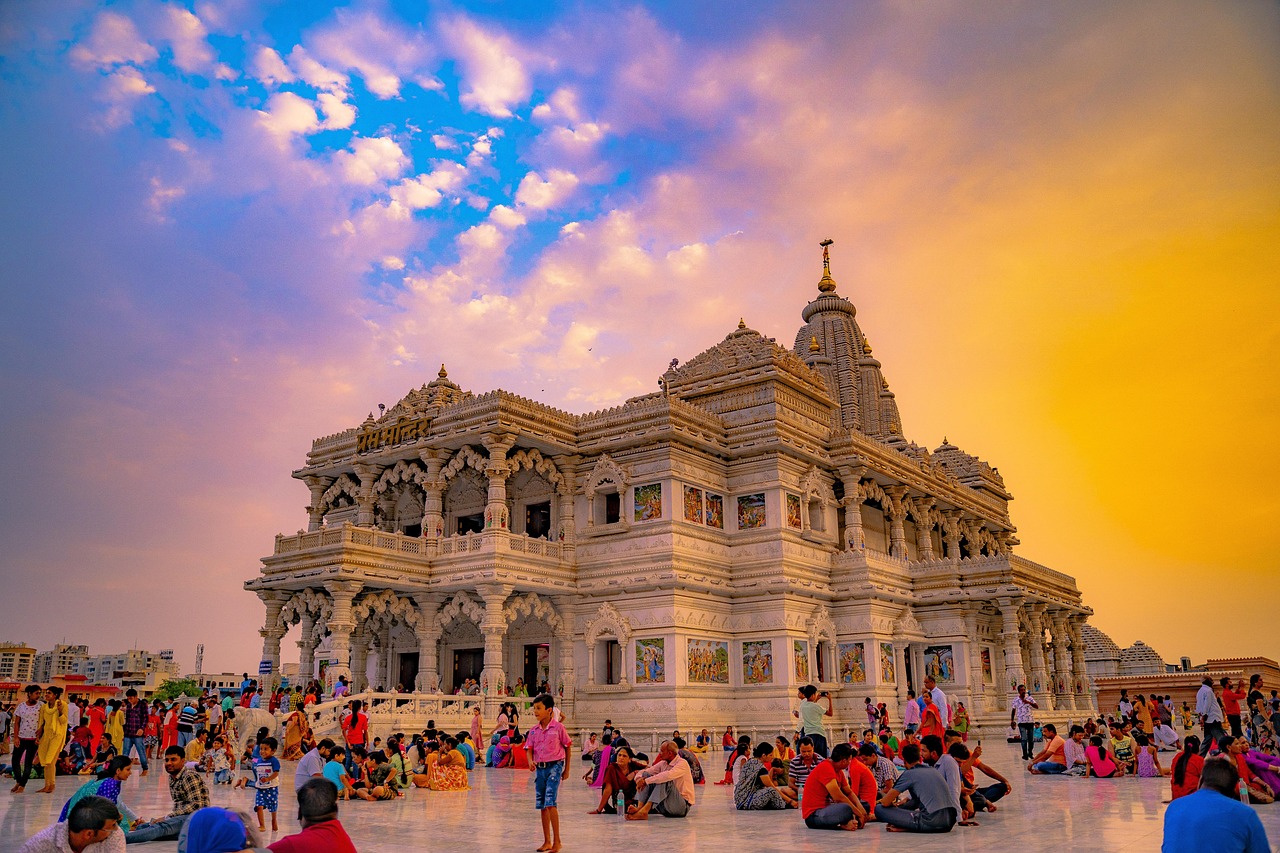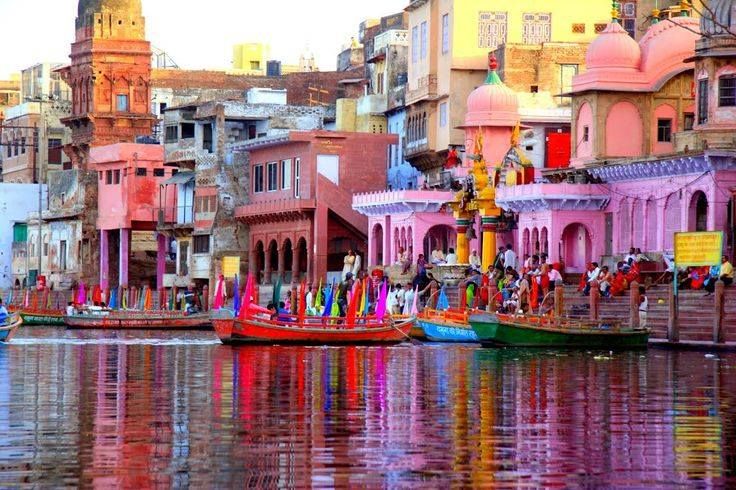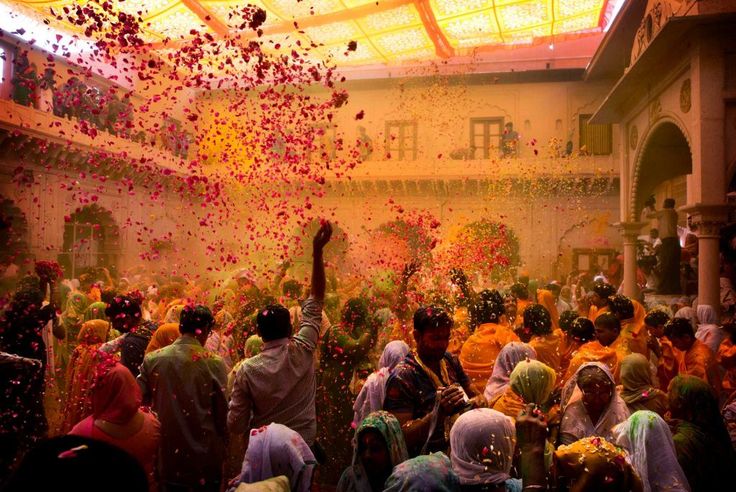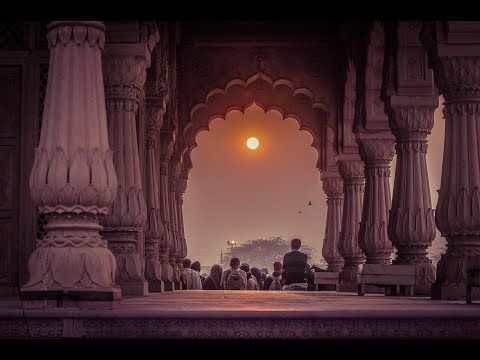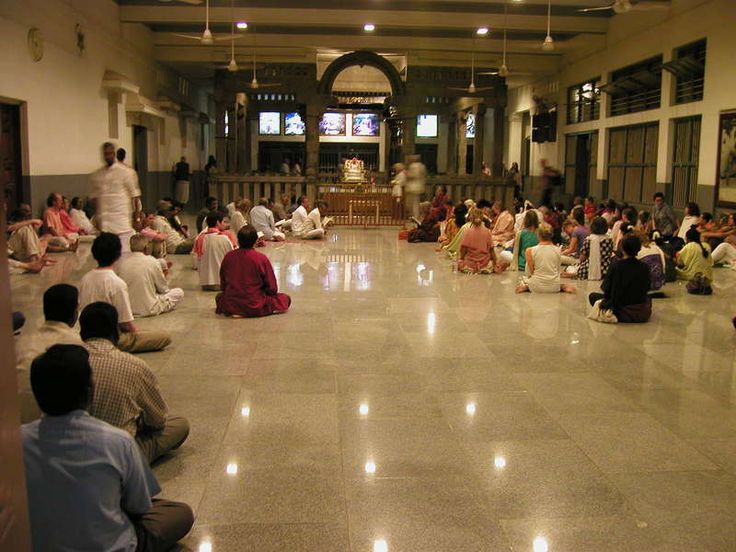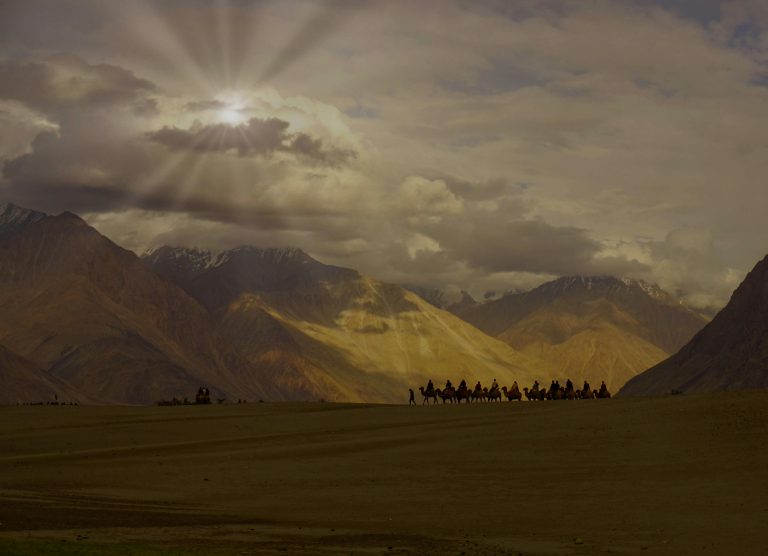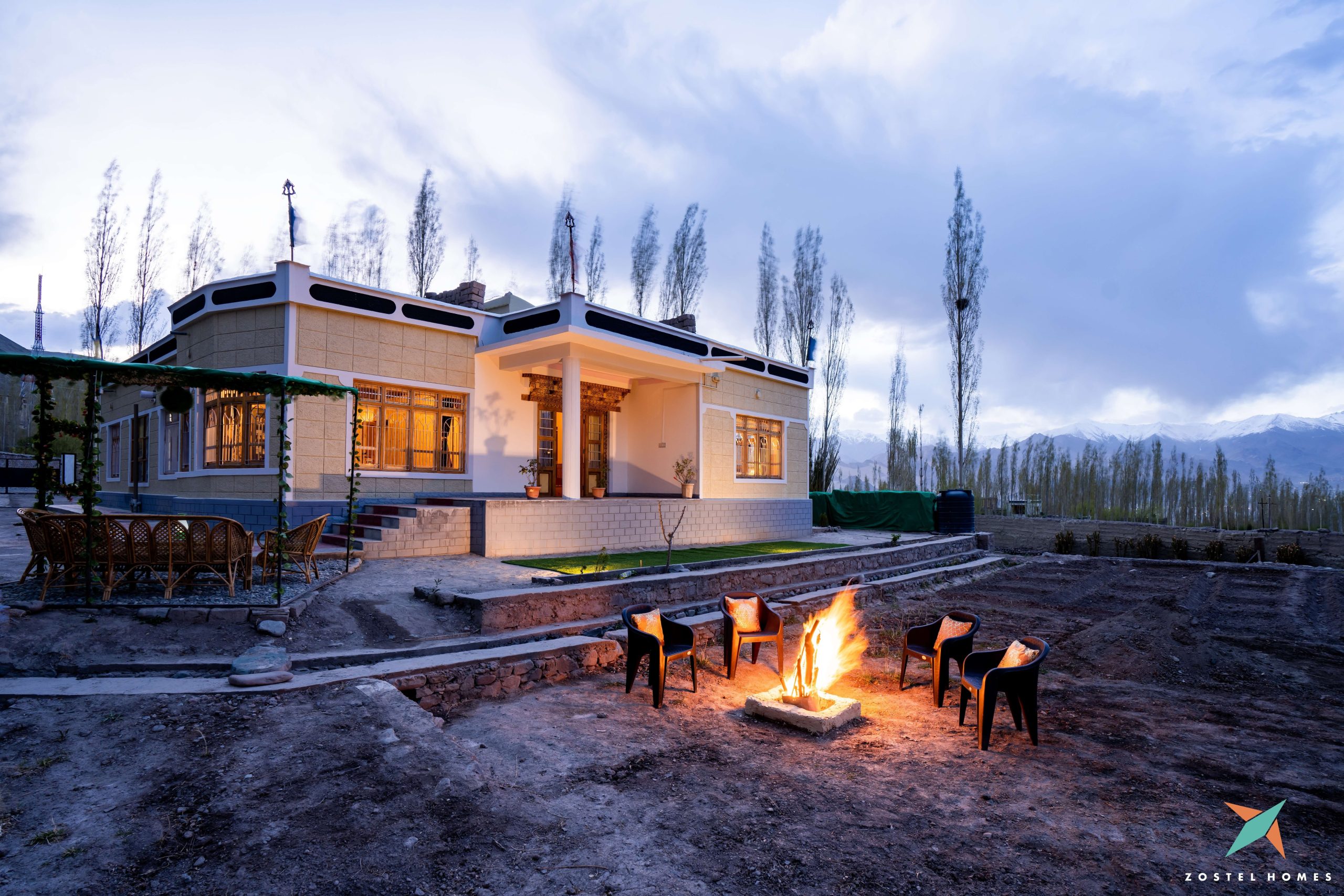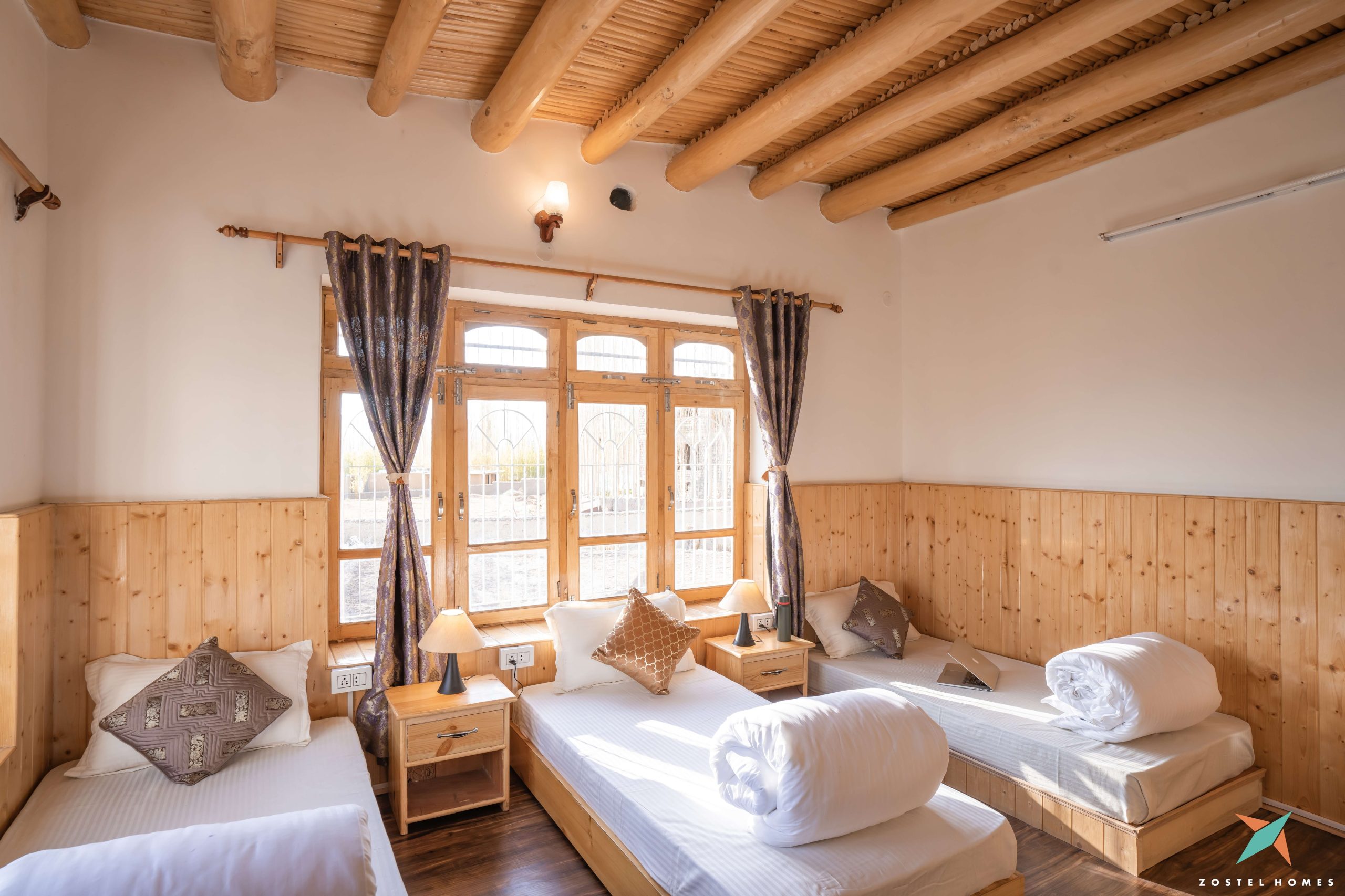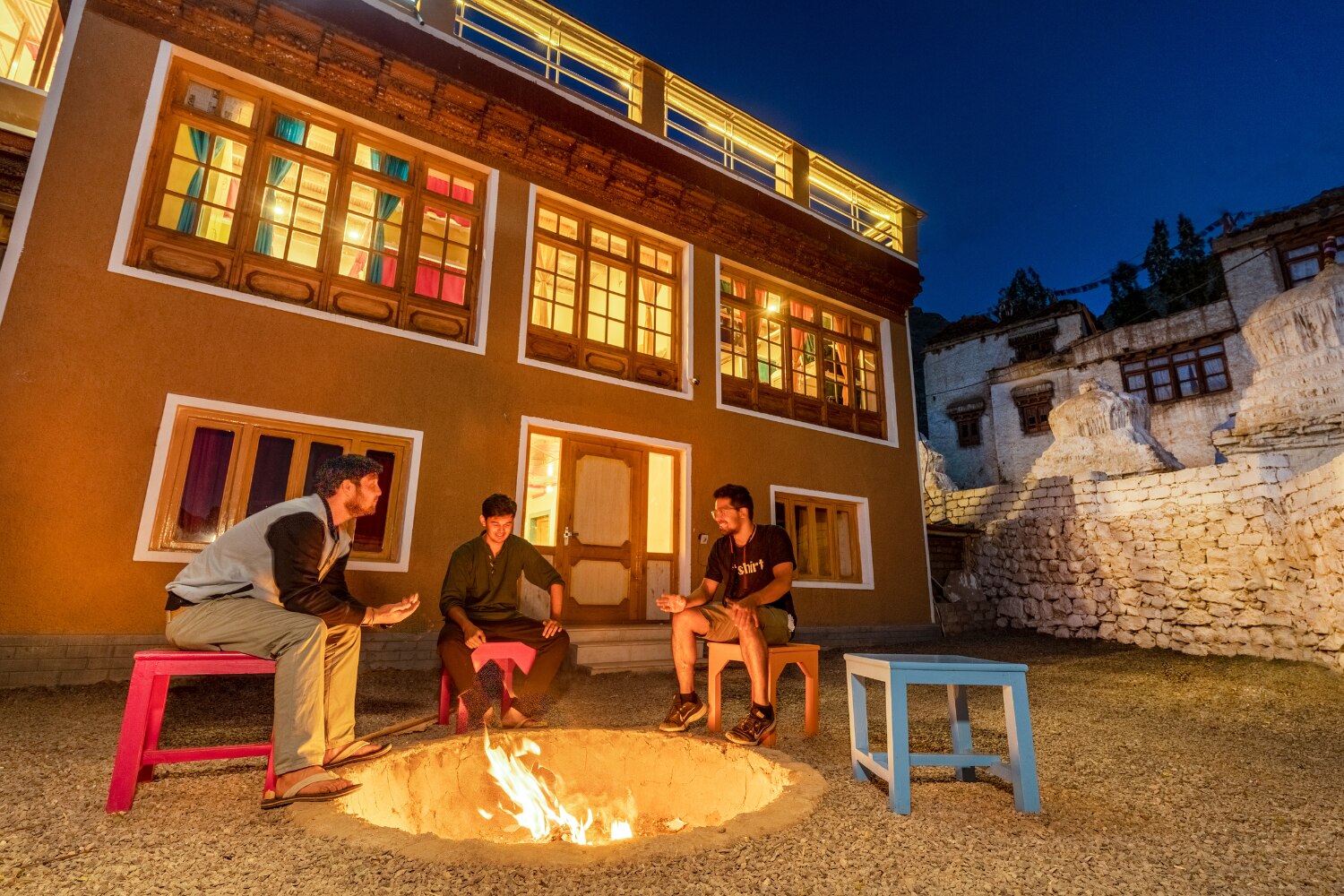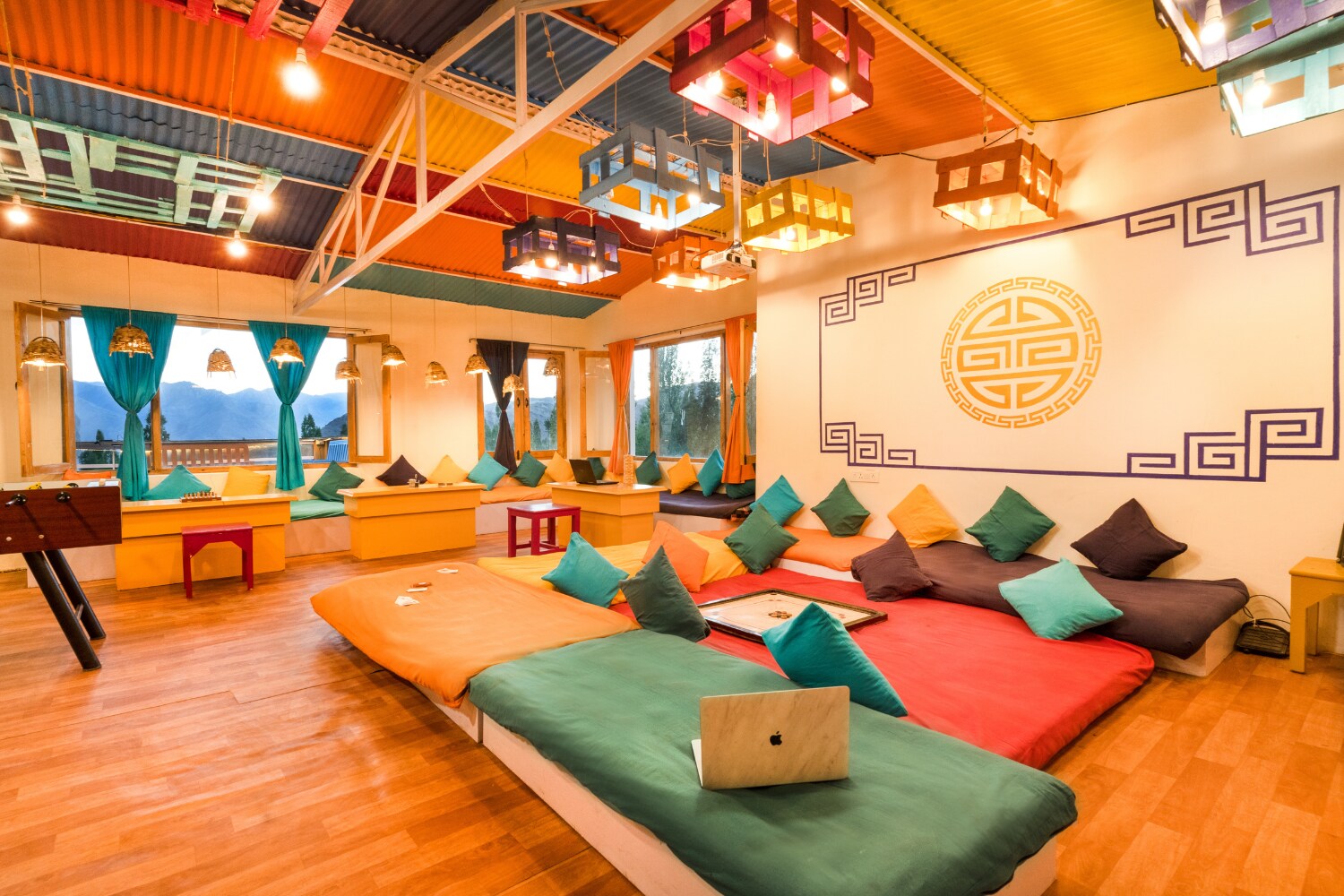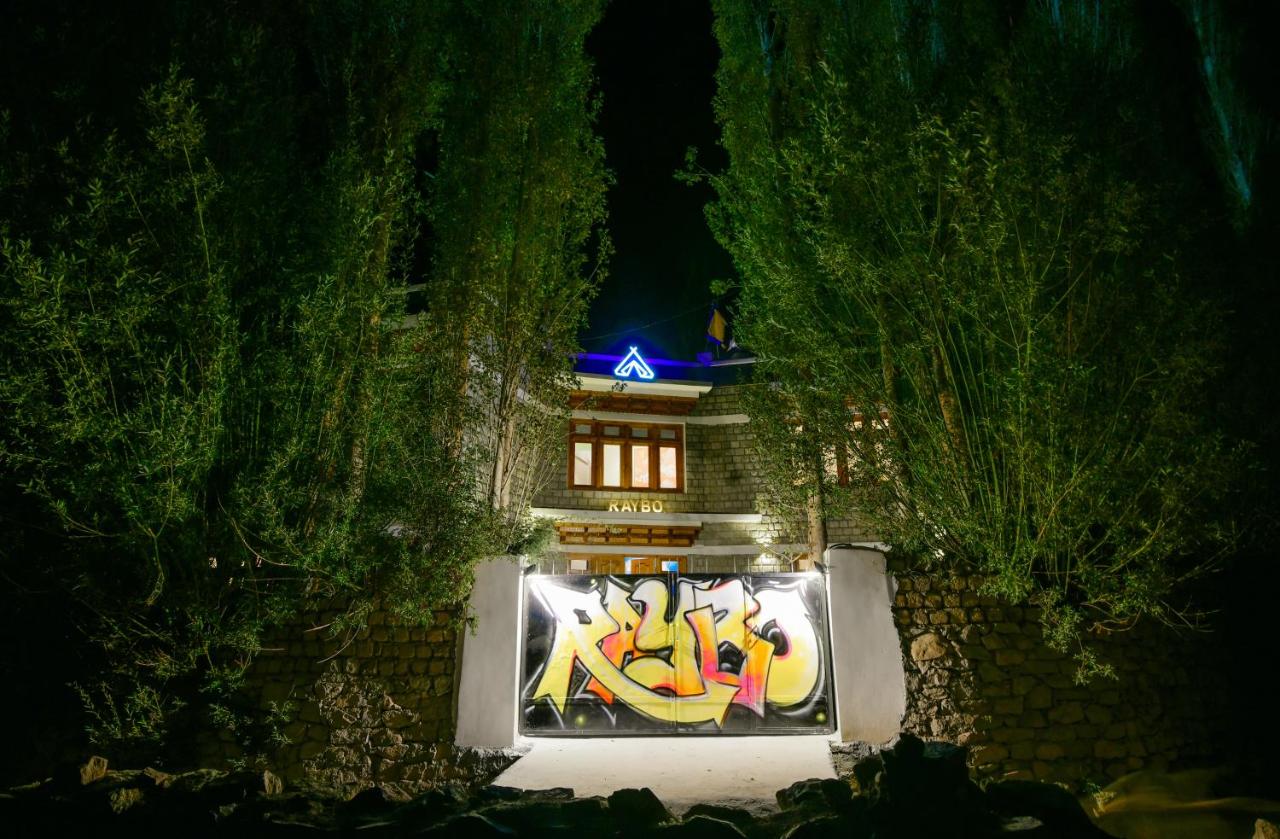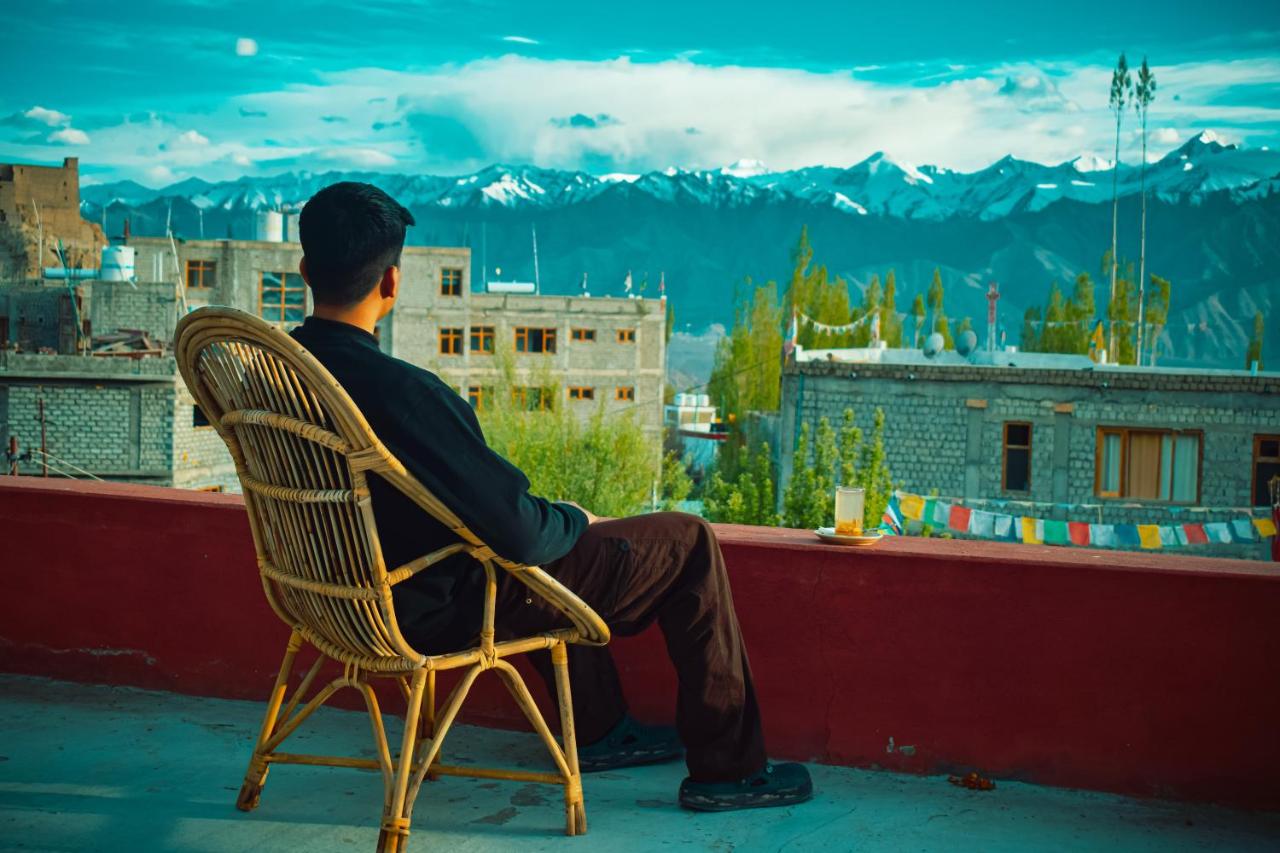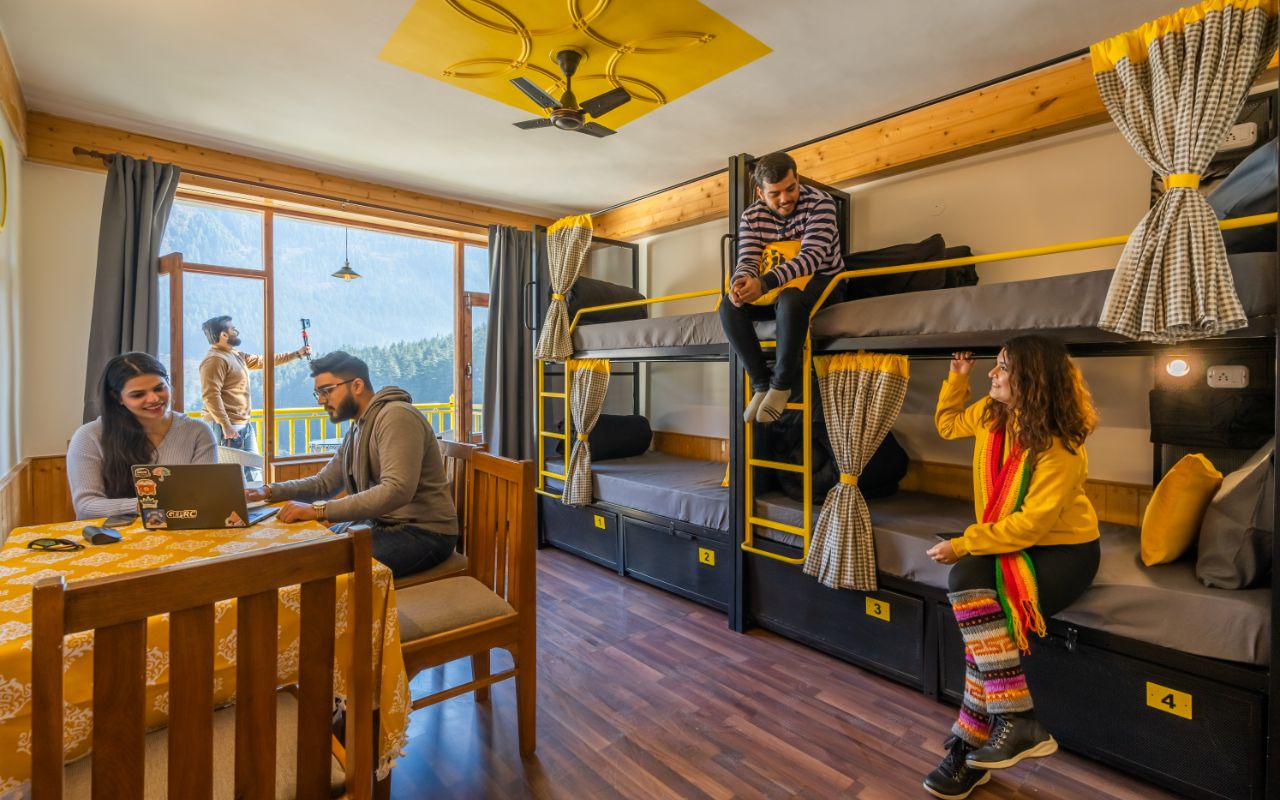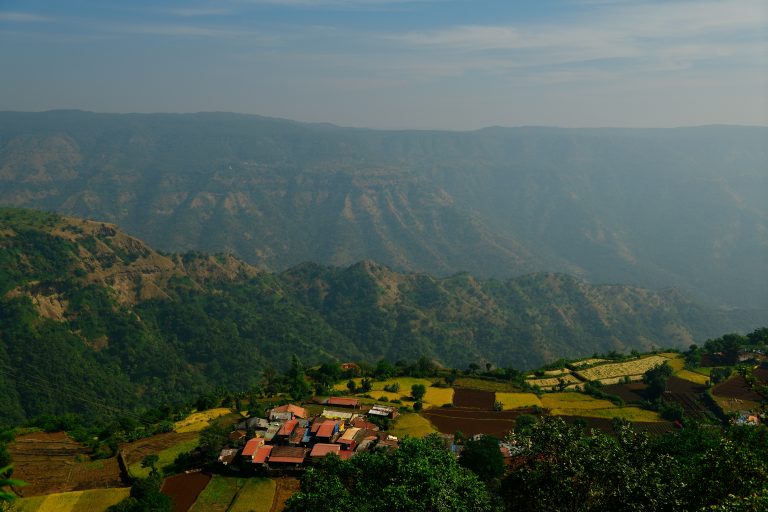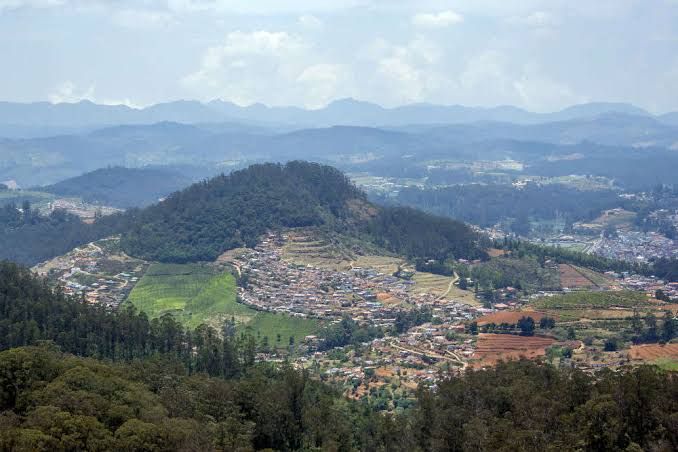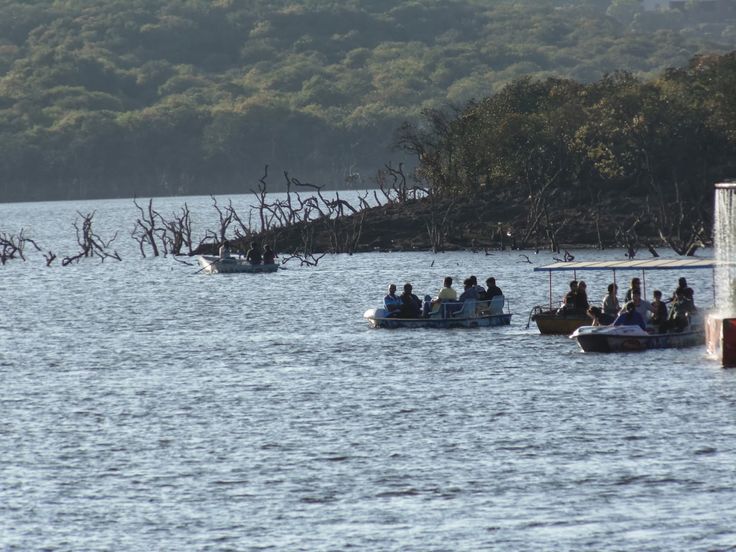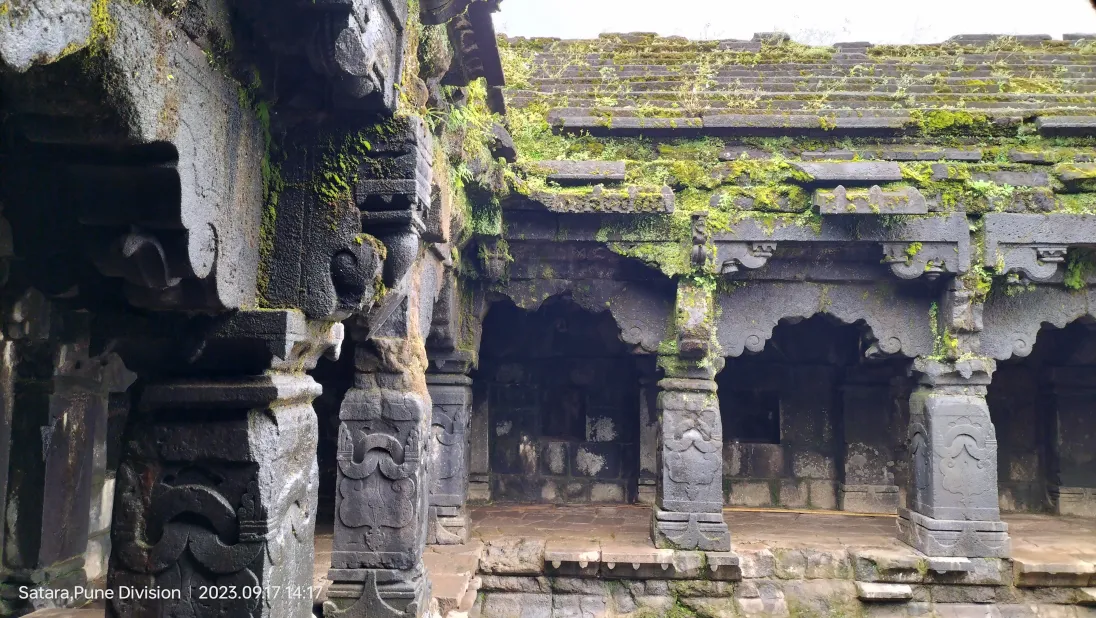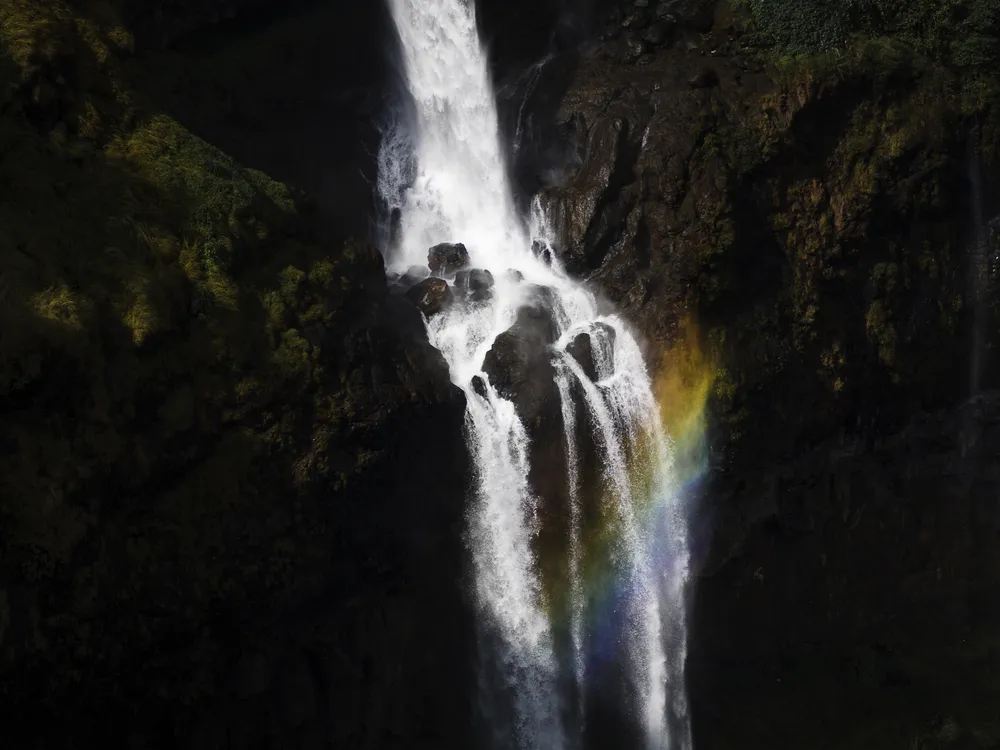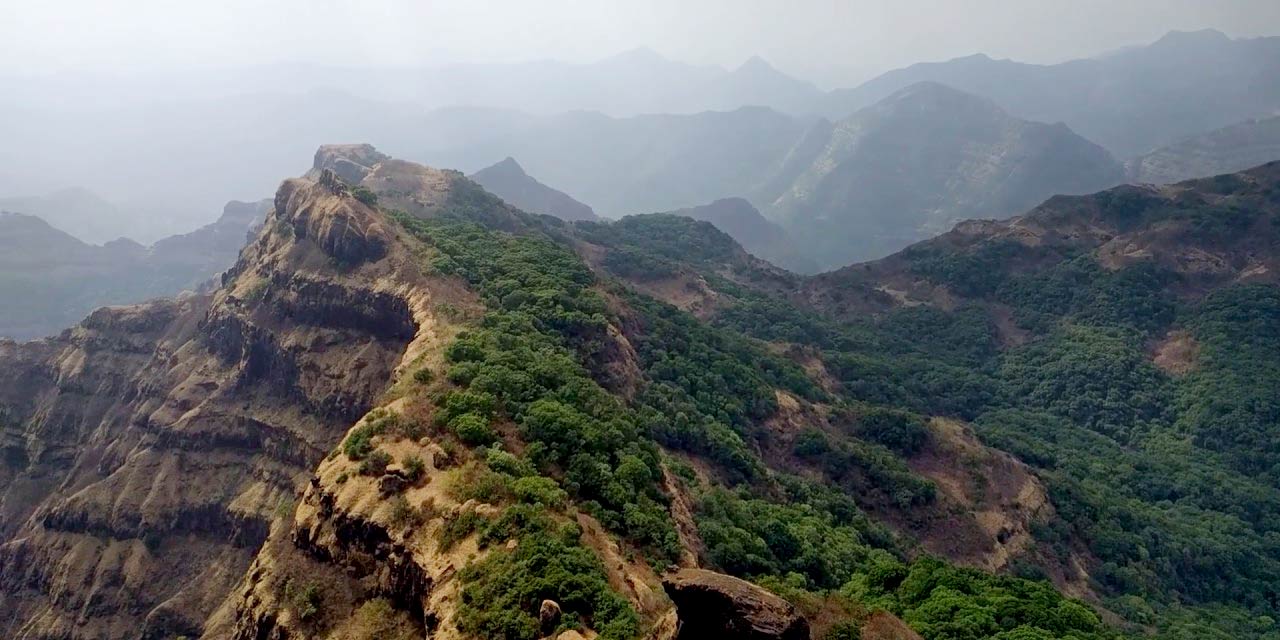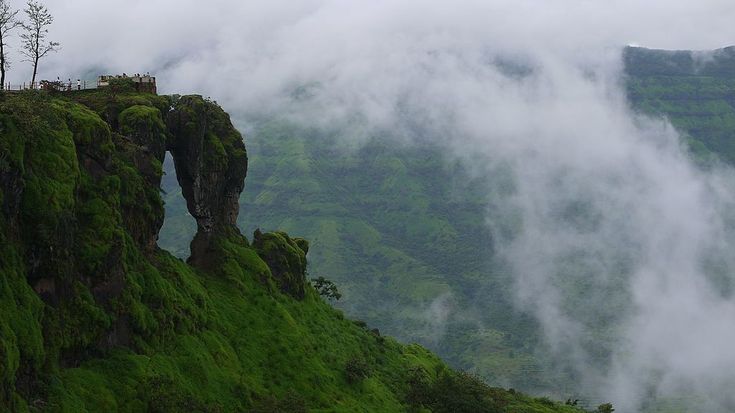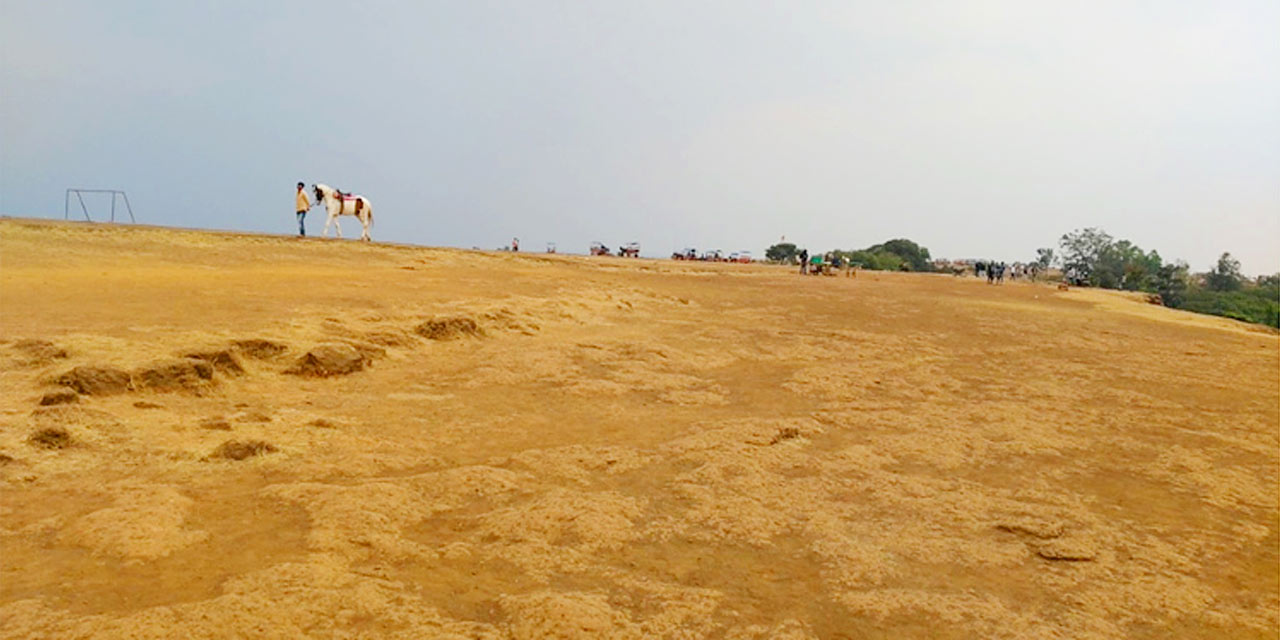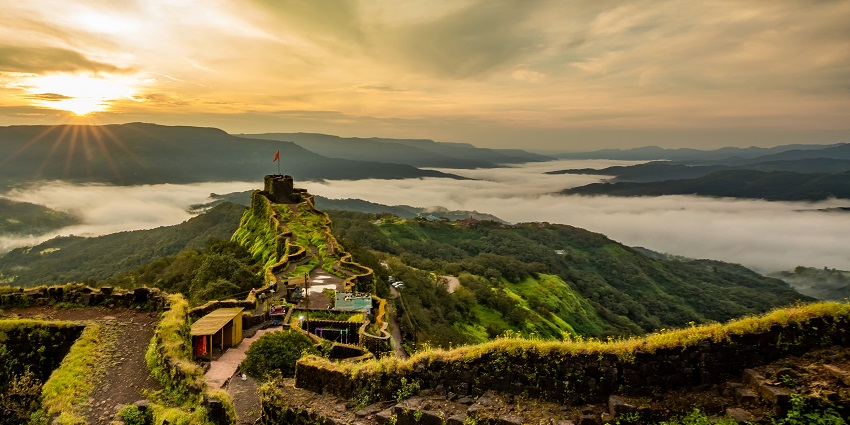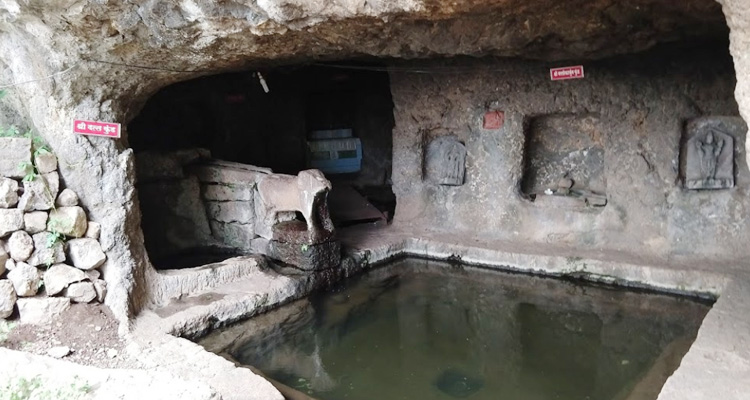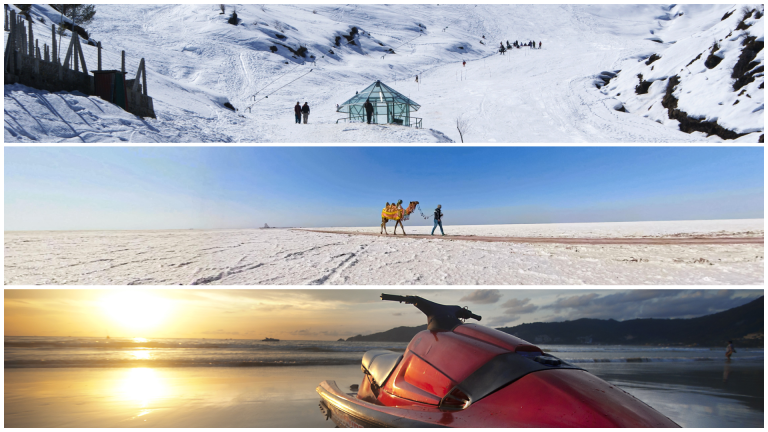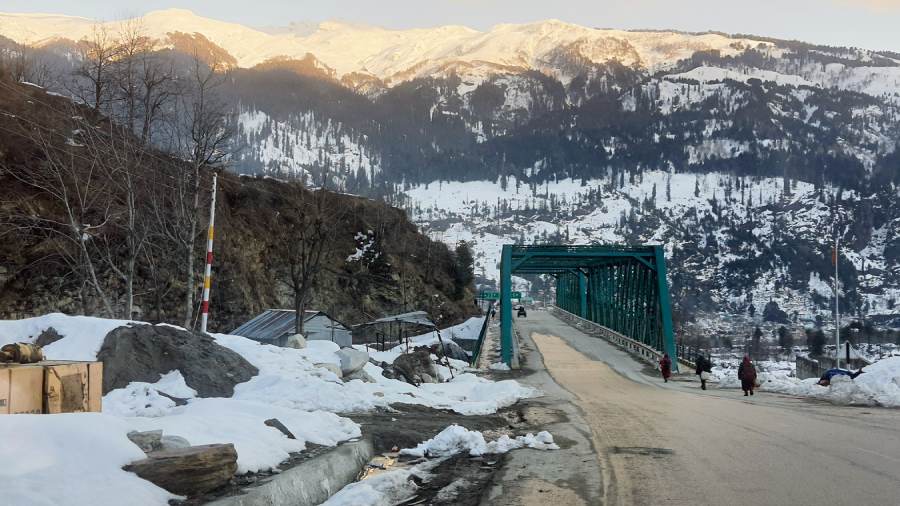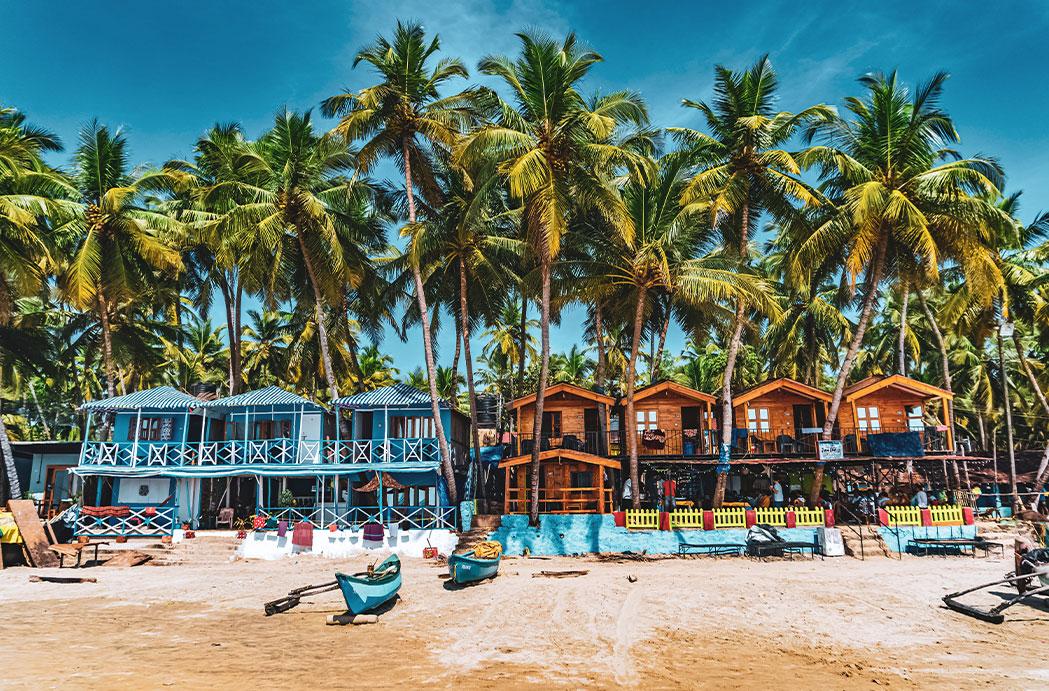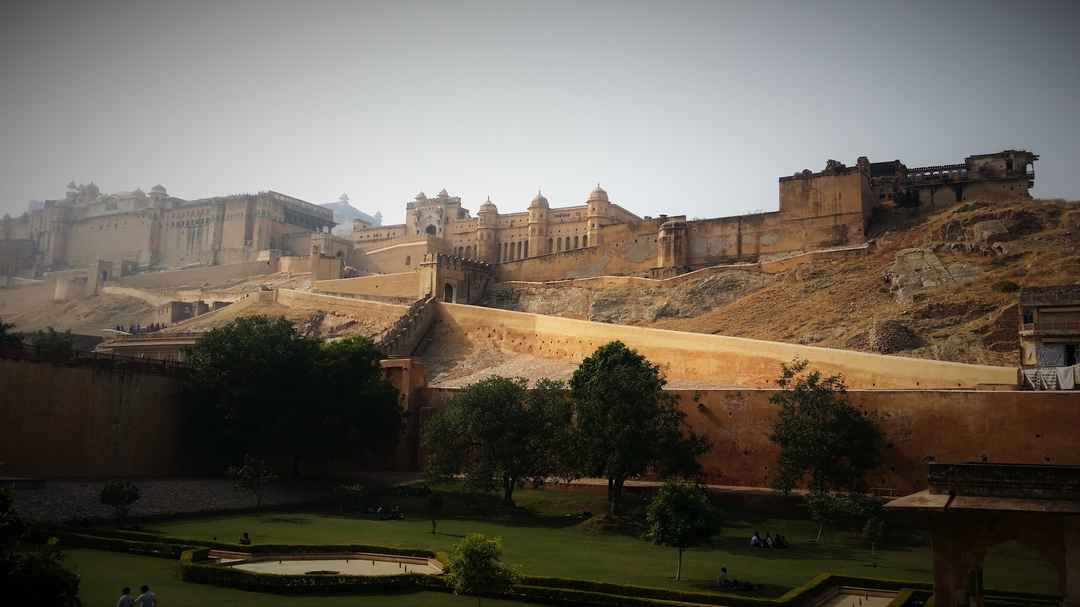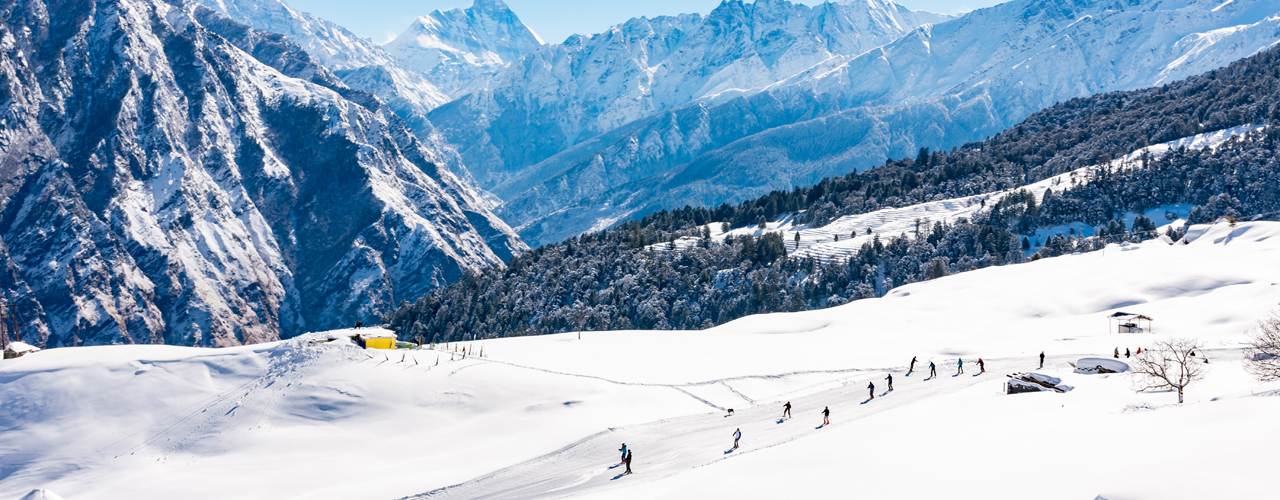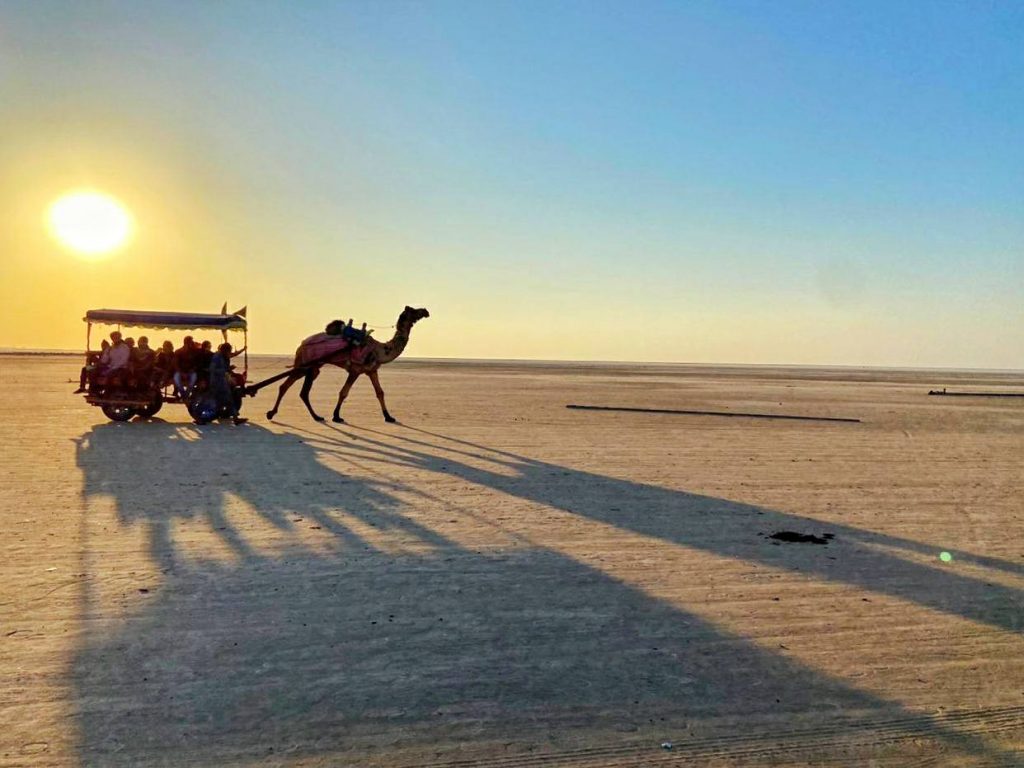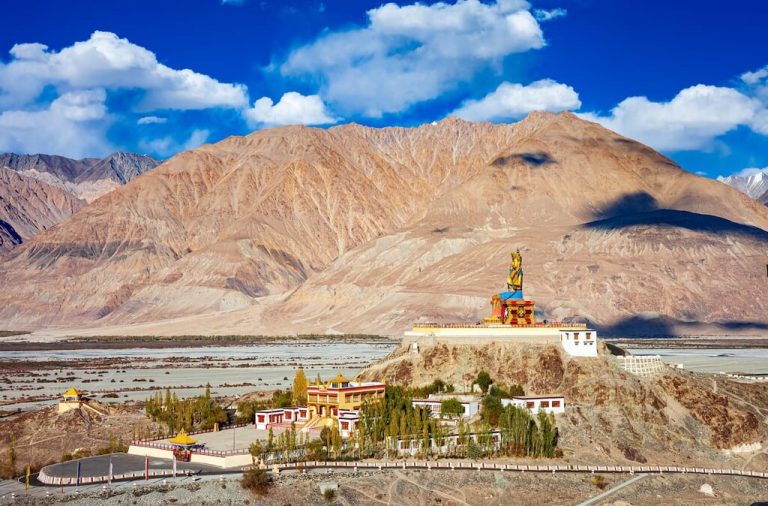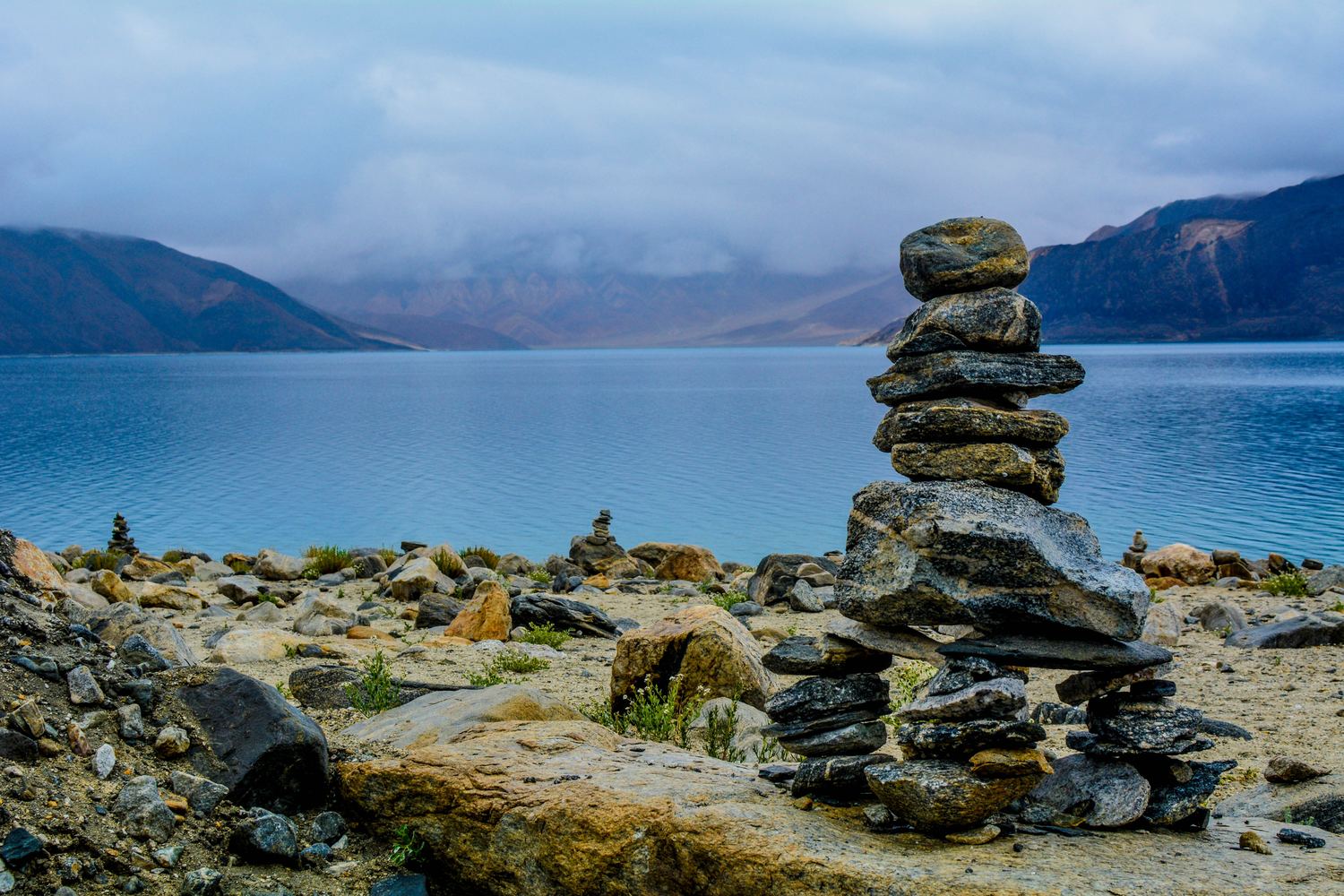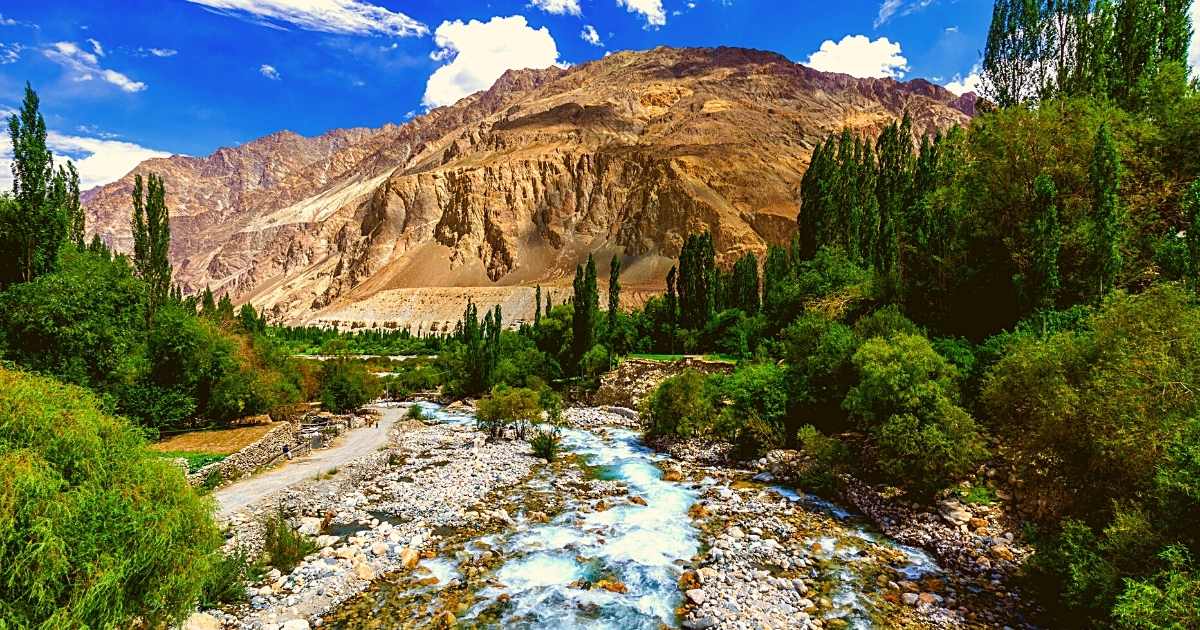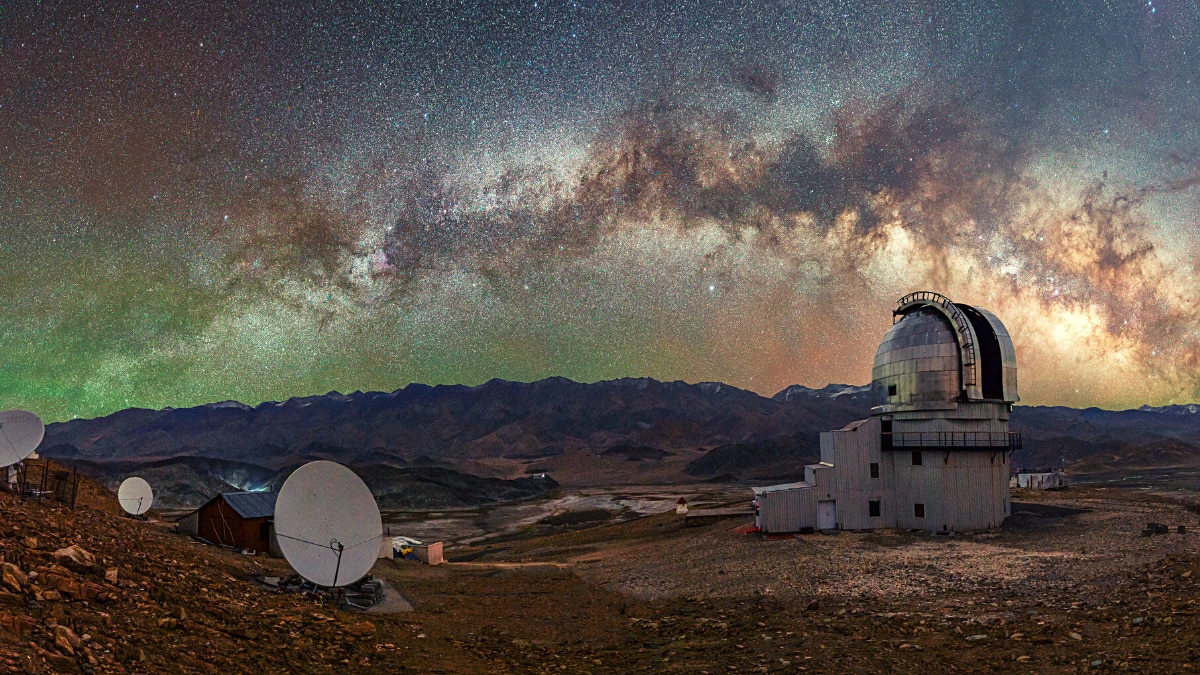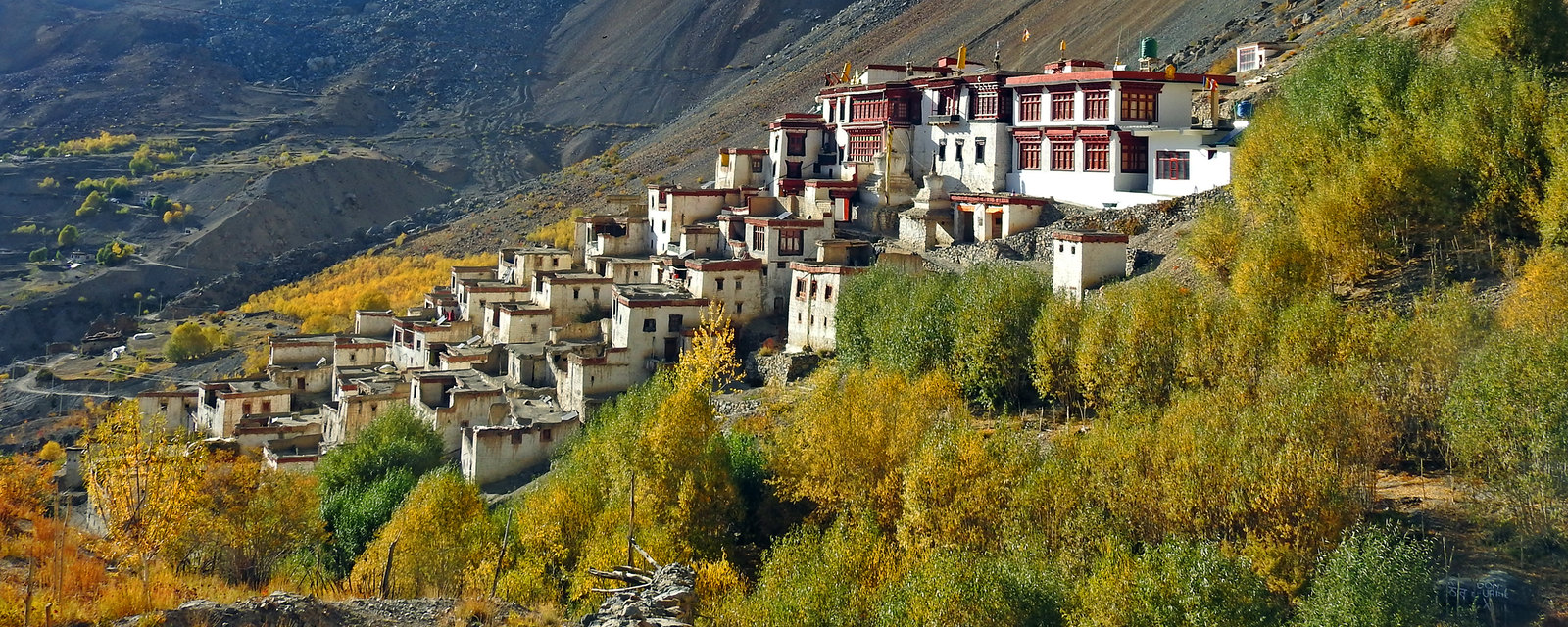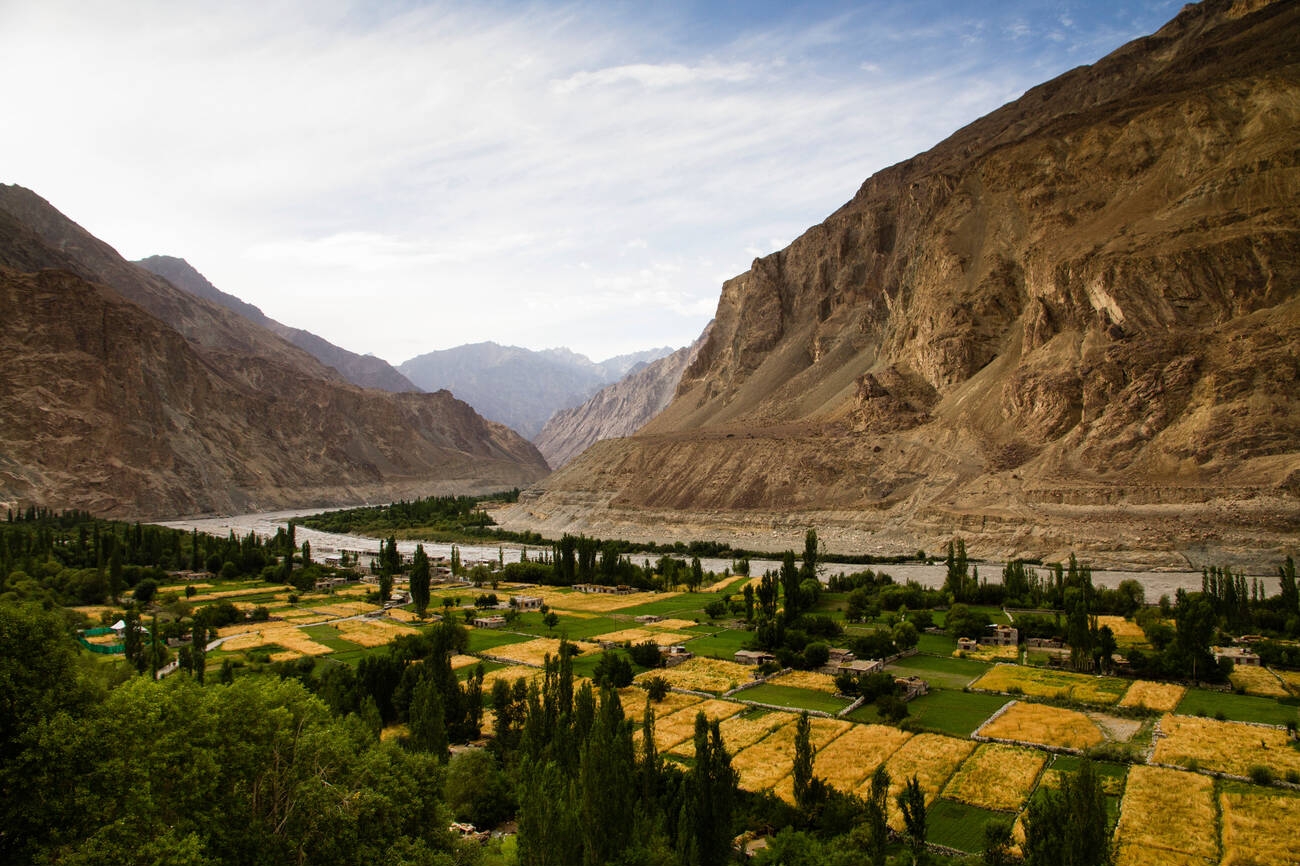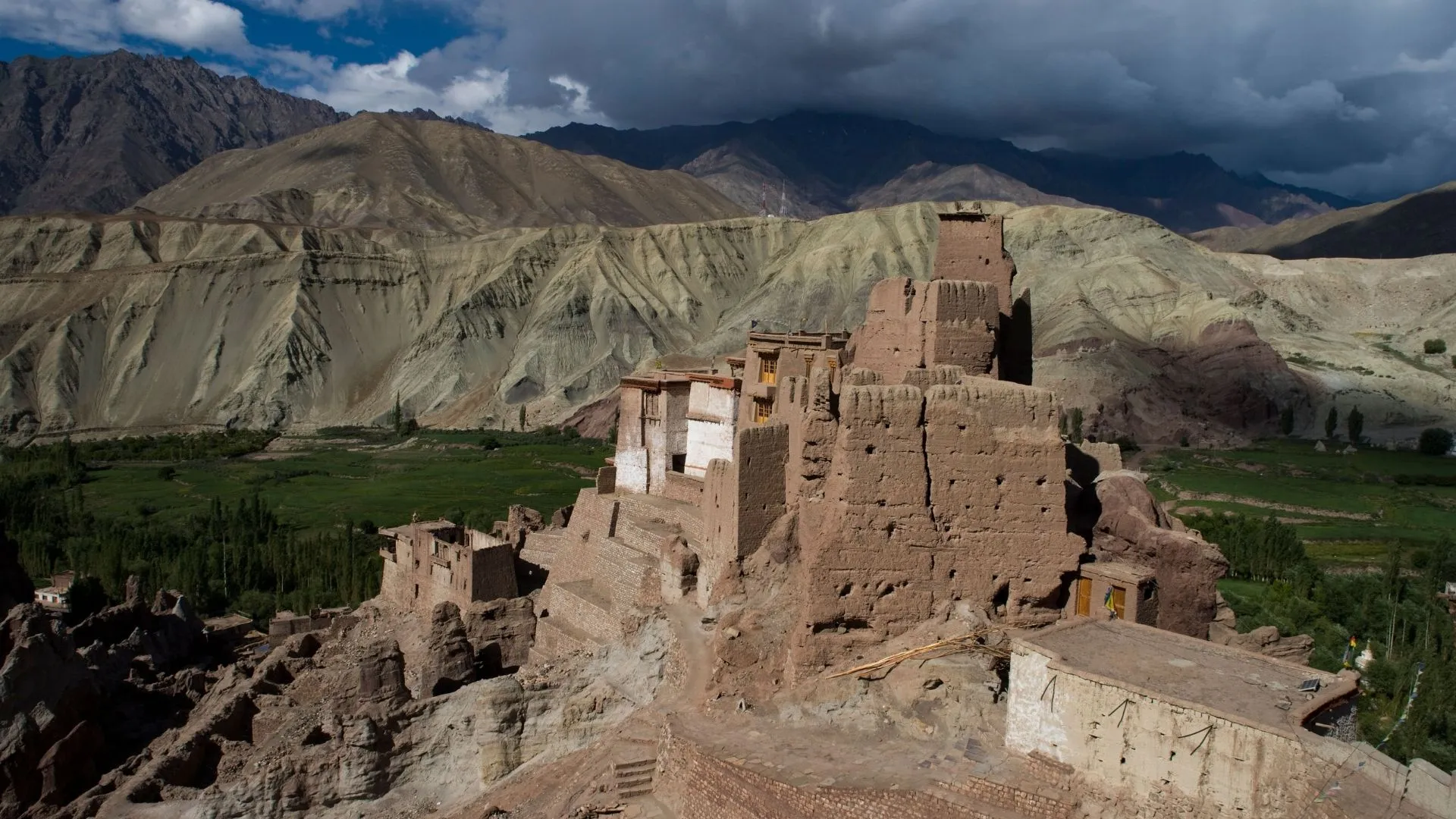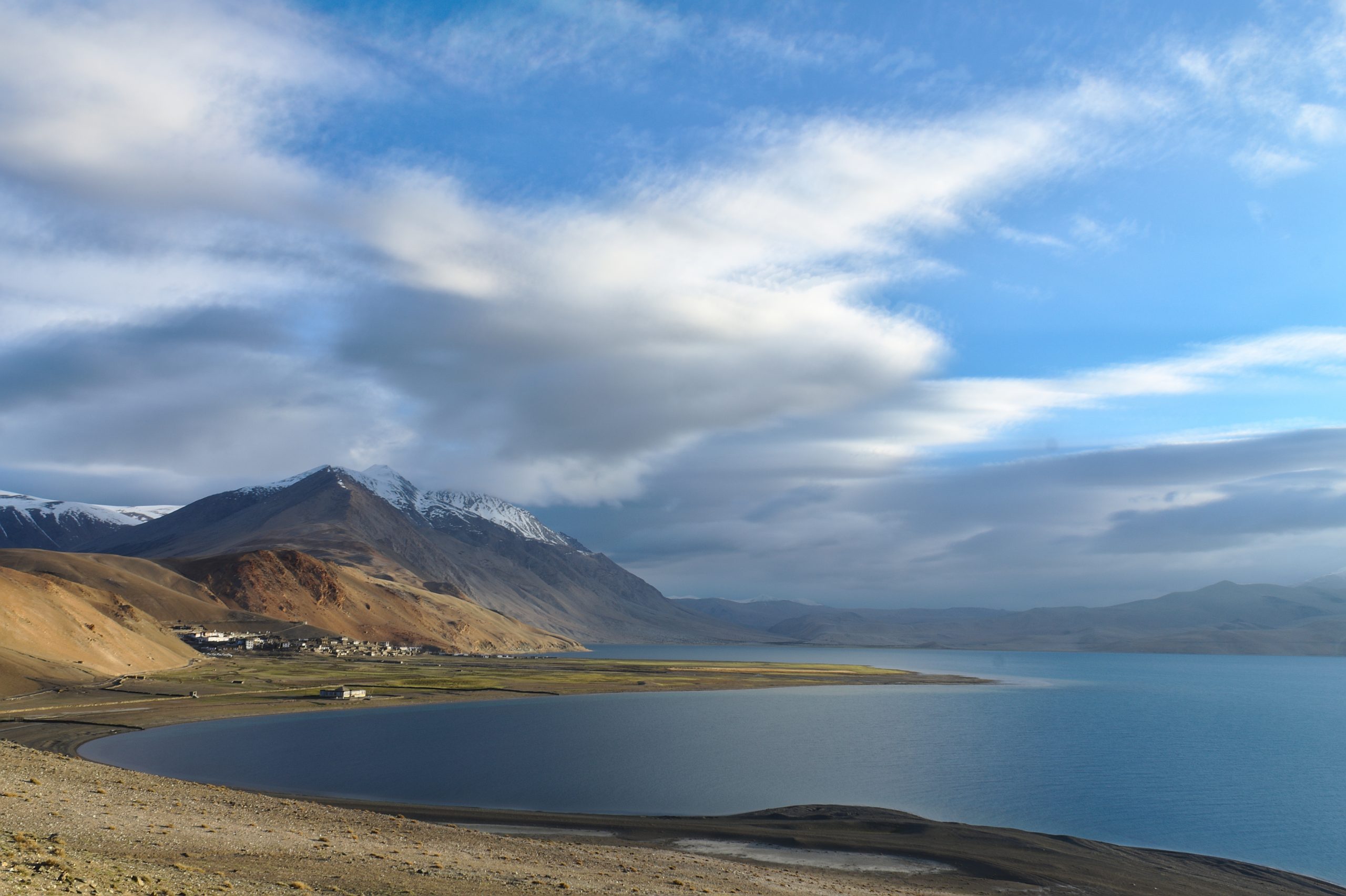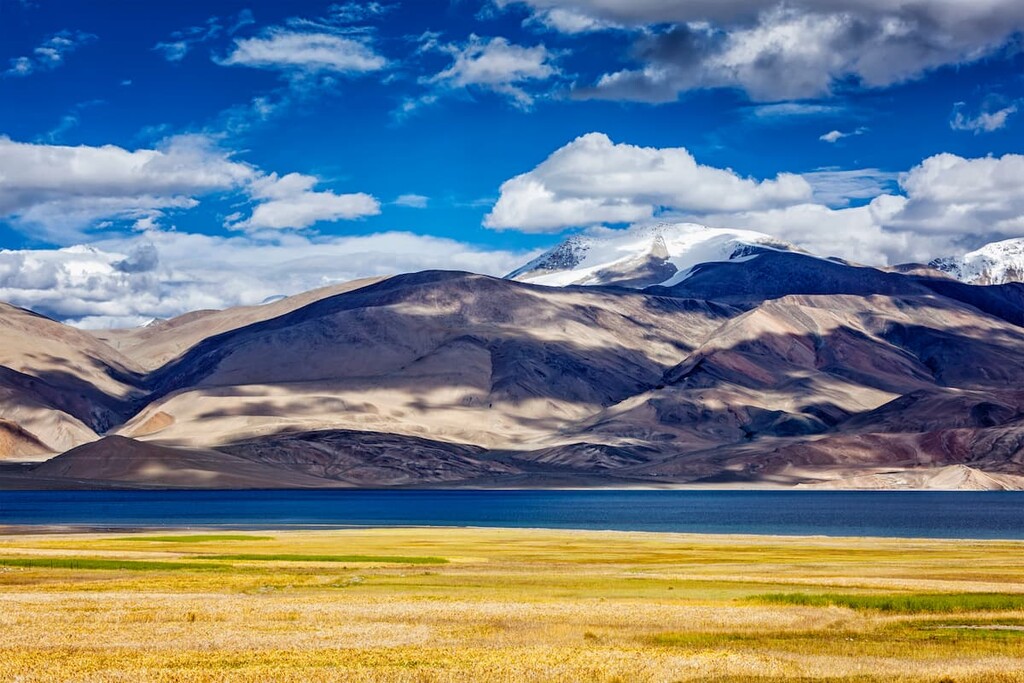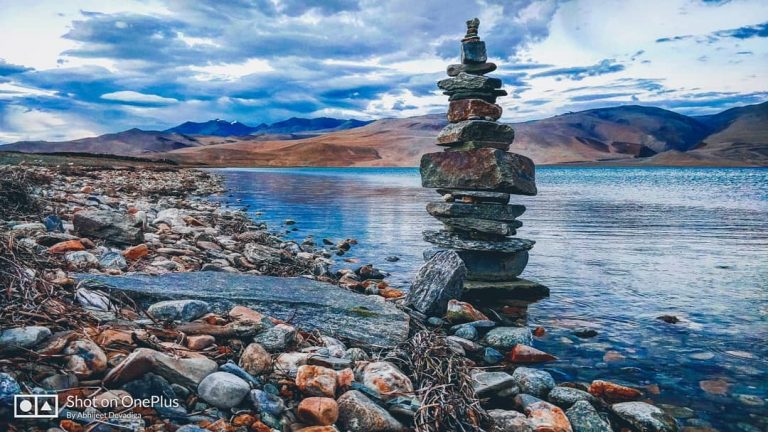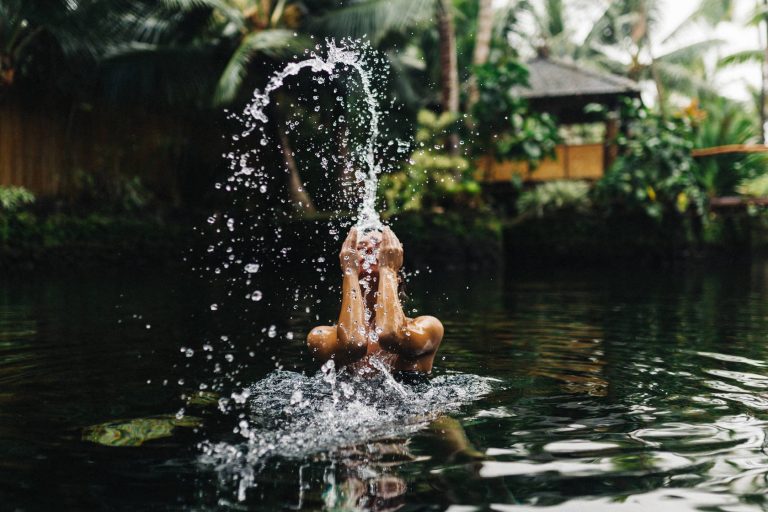Ever dreamt of packing your bags and jetting off without the headache of endless visa applications, embassy visits, and paperwork stress? Well, guess what? Indian passport holders are blessed with access to over 50 visa-free or visa-on-arrival countries, and many of them are perfect to visit between July and September 2025! Whether you’re craving beaches, forests, historical sites, or just a relaxing escape, visa-free travel can save time, money, and a whole lot of effort. In this blog, curated especially for Bon-Voyage readers, we’ve handpicked the most trending visa-free travel destinations for Indian citizens during this season.
Understanding Visa-Free Travel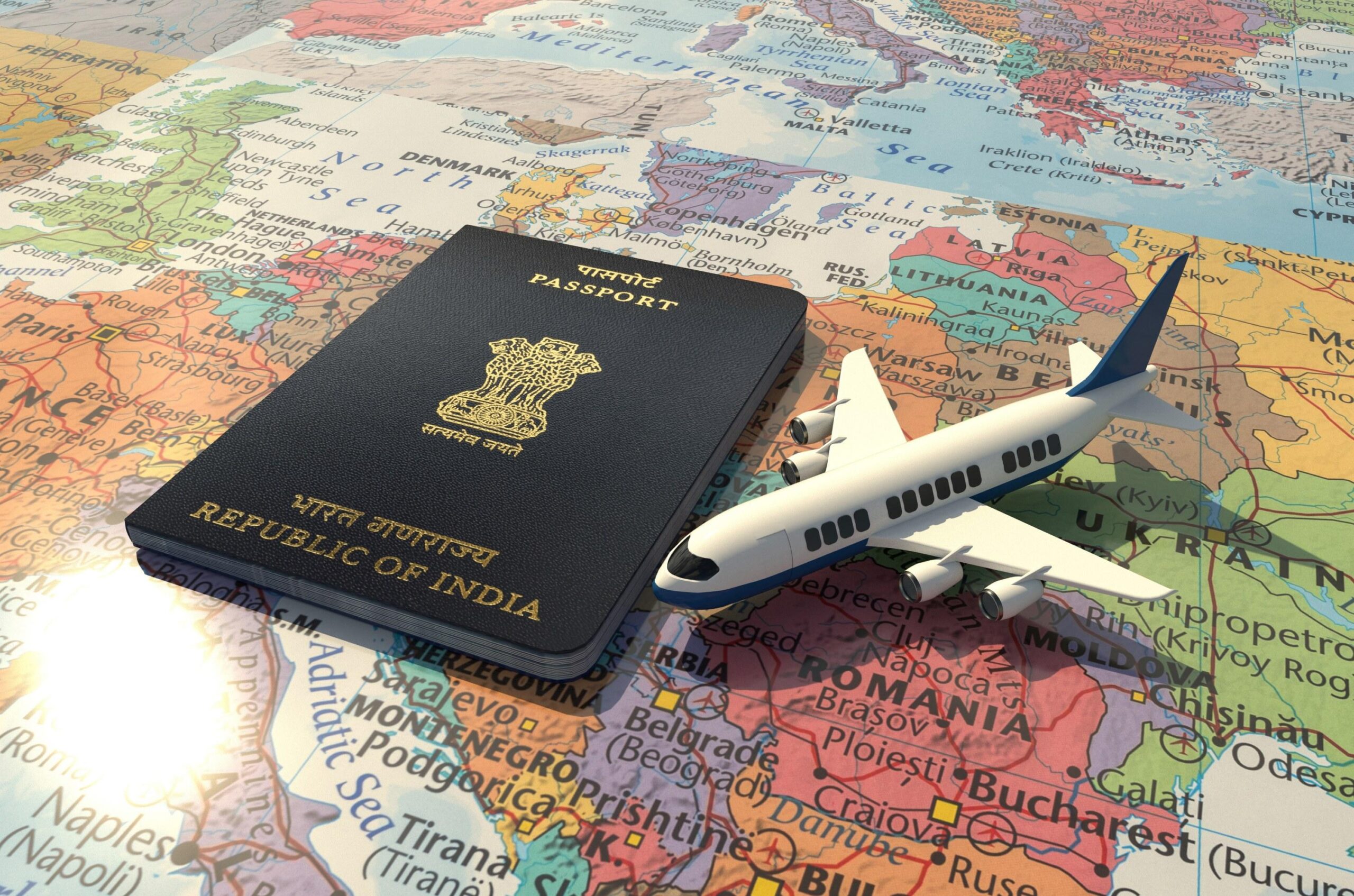
What Does Visa-Free Mean for Indian Passport Holders?
Visa-free travel means you don’t need to obtain a visa beforehand to enter a country. Just carry your passport, a return ticket, and walk in. Some destinations offer this privilege due to bilateral ties or diplomatic agreements with India.
Key Differences: Visa-Free, Visa-on-Arrival, and e-Visa
-
Visa-Free: No visa needed before or after arrival.
-
Visa-on-Arrival: Get a visa at the airport or entry port.
-
e-Visa: Apply online before departure, no embassy visit needed.
Documents You Still Need
Even if a visa isn’t needed, make sure you carry:
- Valid passport (6+ months validity)
- Return/onward ticket
-
Proof of accommodation
-
Travel insurance (in some countries)
-
Sufficient funds
Top Visa-Free Countries to Explore This Monsoon-Summer Season
1. Bhutan
Entry Type: Visa-free for Indians
Nestled in the Himalayas, Bhutan is a land where happiness is more important than GDP. With lush landscapes, peaceful monasteries, and a slow pace of life, it’s the ultimate retreat.
Don’t Miss: Tiger’s Nest Monastery, Thimphu market, Punakha Dzong.
2. Nepal
Entry Type: Visa-free for Indians
A country that feels like home but with snow-capped mountains and spiritual energy. From treks in the Annapurna range to peaceful evenings in Pokhara, Nepal is your budget-friendly escape.
Top Experiences: Mount Everest base camp trek, Kathmandu Durbar Square, Phewa Lake.
3. Indonesia
Entry Type: Visa-free for 30 days
Indonesia (especially Bali!) is perfect between July to September. Expect sunny skies, surfing waves, and temples wrapped in mystique.
Visit: Bali, Gili Islands, Yogyakarta, and Ubud.
4. Thailand
Entry Type: Visa-Free (extended period until end of 2025)
With a 60-day visa-free window for Indians, Thailand is buzzing! Go for the street food, culture, and epic nightlife.
Must See: Bangkok, Chiang Mai, Phuket, and Krabi.
5. Sri Lanka
Entry Type: Visa-free for Indians (as per temporary policy till Dec 2025)
This emerald island is bursting with tea plantations, wildlife safaris, and beach vibes. It’s a tropical paradise on a budget.
Explore: Ella, Sigiriya, Galle Fort, Nuwara Eliya.
6. Mauritius
Entry Type: Visa-free for 90 days
Imagine white sand beaches, turquoise lagoons, and friendly locals. Mauritius is the definition of a postcard vacation.
Ideal For: Honeymooners, water-sport lovers, beach bums.
7. Fiji
Entry Type: Visa-free for 120 days
Fiji is for those seeking island hopping, coral diving, and starlit dinners. It’s exotic, peaceful, and totally Insta-worthy.
8. Barbados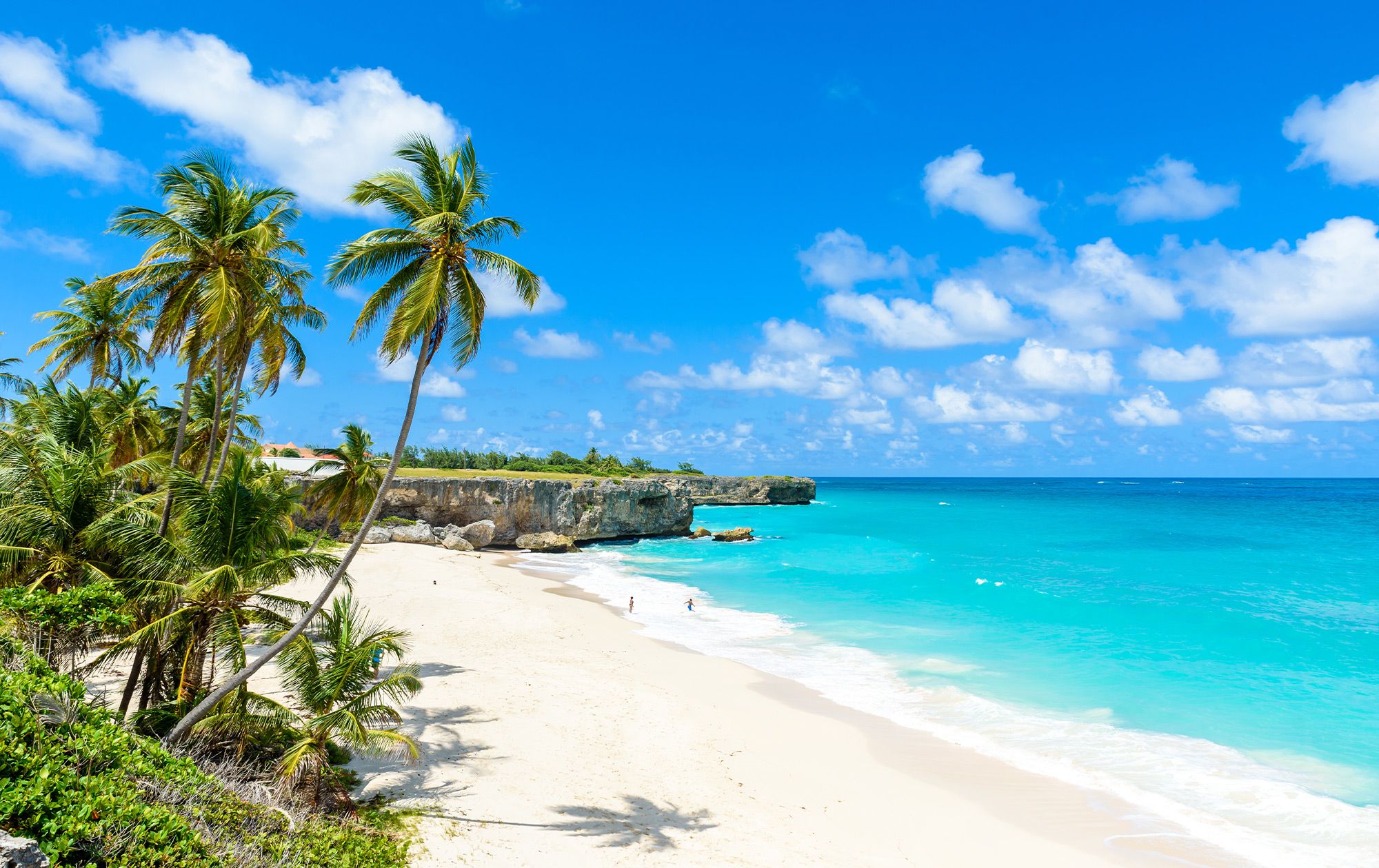
Entry Type: Visa-free for 90 days
This Caribbean gem is known for music, festivals, and its blend of British and Afro-Caribbean culture.
Don’t Miss: Crop Over Festival (held in August), beach hopping, Mount Gay Rum tours.
9. Seychelles
Entry Type: Visa-free for 90 days
If you love luxury meets raw natural beauty, Seychelles is for you. With over 100 islands, you can go island-hopping or simply lounge on pristine beaches.
10. Jamaica
Entry Type: Visa-free for 90 days
This is your reggae-filled escape. Dance to Bob Marley, sip rum, and explore waterfalls. It’s a cultural powerhouse.
11. El Salvador
Entry Type: Visa-free for 90 days
One of the most underrated countries in Central America, El Salvador is great for surfing, volcano hikes, and digital nomads.
Budgeting and Currency Tips
Currency Exchange Hacks
Use apps like Wise or Revolut to get better conversion rates than airport kiosks.
Using Forex Cards vs Cash
Forex cards are safer, but always carry some local cash for transport and food.
Daily Travel Costs in Visa-Free Countries
-
Nepal: ₹1,500–₹3,000/day
-
Thailand: ₹2,000–₹4,000/day
-
Fiji/Seychelles: ₹6,000–₹10,000/day
-
Mauritius: ₹4,000–₹7,000/day
Travel Tips for the Monsoon-Summer Period
Packing Essentials for Tropical Countries
-
Light, quick-dry clothes
-
Flip-flops + one pair of sturdy shoes
-
Power bank, raincoat, and waterproof pouch
Avoiding Rainy-Day Blues
Check seasonal weather before travel. Places like Bali and Fiji have dry seasons during July-Sept – ideal!
Booking Flights and Accommodation Early
Use tools like Skyscanner, Hopper, or Google Flights to track prices and get deals.
Travel Insurance & Safety
Is Travel Insurance Necessary for Visa-Free Destinations?
Yes! Most visa-free countries require proof of insurance, and it’s wise to stay covered for medical, baggage loss, or trip cancellations.
How to Choose the Right Travel Insurance Plan
Pick one that covers:
-
Medical emergencies
-
Trip cancellations
-
Adventure sports (if needed)
Safety Tips for Indian Solo Travelers
-
Keep digital and physical copies of documents
-
Use local SIM or international eSIM
-
Always inform someone about your itinerary
Traveling visa-free is like having a VIP pass to a global adventure. It’s stress-free, exciting, and accessible—especially for Indian travelers in 2025. Whether you’re a budget backpacker, romantic honeymooner, or nature lover, the world is waiting. And the best part? No embassy queues or visa paperwork to hold you back. So, where will you go this July to September? Pack your bags, book that flight, and let Bon-Voyage help you explore the world—one stamp-free passport entry at a time!
Apart from the above visa free country options for indians there are a lot of other travel blogs, food blogs, lifestyle blogs & entertainment-related content that you can go through. To find these kinds of content Bon-Voyage is the best platform to enjoy the content in the same way and gauge some information out of it as well. To explore their content which is a perfect blend of relatable information with a punch of new-age content representation. You can anytime visit the categories of Bon-Voyage i.e.travel blogs, food blogs, lifestyle blogs & entertainment, and enjoy their content.


